Environment, Social, and Governance Report 2022



In 2022, by using treated wastewater to irrigate our fields, we were able to save nearly 9 million cubic meters of fresh water — enough to cover the average annual water needs of 160,000 Israeli households!
In addition, all our fields are within 45km of our packing house, meaning that we essentially pack at source. As a cooperative, we purchase in bulk, which optimizes processes and reduces emissions to a minimum. We also control the entire supply chain — from orchard to market — thus cutting out emissions associated with activities such as changing hands or re-packaging.
I am proud to introduce Granot Plantations’ first sustainability report, detailing our efforts on Environmental, Social, and Governance (ESG) topics. The process of preparing this inaugural report has been special for all of us at Granot. For the first time we can go beyond the economics and publicly share our passion, our joy, and our commitment to excellence for our fruit, for our cooperative, and for the planet.
We are a cooperative of growers. For over 70 years, we have lived side by side, farmed the land together, nourished four generations of our families, and shared our produce with the world.
This has been possible thanks to the symbiosis between us and our environment. Today, that special relationship is threatened by climate change and environmental destruction. Faced with increasingly unpredictable weather patterns and disrupted growing seasons, we believe that we have the responsibility and the power to change the world — and when we say change, what we mean is to preserve and protect. Simply put, we care about sustainability because as a cooperative of avocado and citrus farmers, we know that our future depends on it .
This is why we invest in reducing the footprint associated with growing our products, chief among them our avocados. We use ZERO chemical pesticides in our avocado orchards and instead rely on natural pest control. We are also proud that 89% of the water we use in our orchards is treated wastewater, providing a solution for treatment plants from nearby cities.
We use the latest technological innovations and have developed a unique dry matter testing technique to ensure that our avocados are delivered with minimum dry matter variance — enabling our customers to enjoy an optimal ripening process and reduced food waste. In simple terms, our avocados are perfectly ripe when we want to eat them while zero fruit goes to landfills. All this is possible thanks to our people. My late father was a grower — he managed 30 hectares of peaches and a small packhouse — he used to say that being a grower isn’t about the equipment or the amount of fruit you produce, it is all about the people. Seasons will come and go, no harvest will be like the last one, technology will change, but in the end, it is the people who make the difference. This is why at Granot, the notion of “family” is our core value, one that we extend to our customers, our suppliers, our consumers, and our communities. The first thing that we think of in the morning, and the last thing that we think of before going to bed is how can we create more value for our family?
This report shares our efforts to answer this question.
Sincerely,
Giyora Merom Chief Executive Officer Granot Plantations
This report represents the first annual sustainability publication from Granot Plantations, a cooperatively owned private company and highlights the company’s activities on environmental, social, and governance (ESG) topics. Throughout this report, “Granot”, “we”, “our”, and “the company” are all used interchangeably and refer to the legal entity Granot Plantations, a member of the Granot group.
Granot Plantations has reported the information cited in this GRI content index for the period January 1st, 2022 to December 31st, 2022 with reference to the 2021 GRI Standards, specifically the GRI 13: Agriculture, Aquaculture and Fishing Sectors 2022 standards.

The organizational boundaries of this report are the entirety of the company’s operations in Israel.
Shibolet ESG (headed by Dr. Liad Ortar –l.ortar@shibolet-esg.com) provided support and consultancy services to prepare the report. The professional reporting work was conducted by Mr. Navonel Glick.
For questions regarding this report or Granot Plantations’ environmental, social, and governance activities, please contact Yakov Armon (yakovar@granot.co.il).
Founded in 1958 by Granot Agricultural Farms, one of the world’s largest cooperatives that is owned by 43 kibbutzes and moshavim, Granot Plantations is a fresh produce supplier and the largest avocado grower cooperative in Israel.
We were founded to revolutionize the fresh produce market by giving farmers and their families the ability to own the supply chain – from farming to packing and shipping, enabling us to be leaner, more efficient, more transparent, more innovative, and more sustainable.
In short, we are the true farm to shelf company owned by a community of growers.
We are proud to provide our national and international customers with products of unparalleled quality, at affordable prices, and with the lowest possible impact on our planet.
That’s why our motto is Grown with pride, picked with love, and delivered with care.
56,000 t
hectares in Israel of produce
We supply
3,400+ 1/3 30,000 t
of the Israeli avocado market of fresh produce
60%
of our avocados and mangoes
40% & 78%
of our citrus go to the local market
We export over of our exports go to Europe


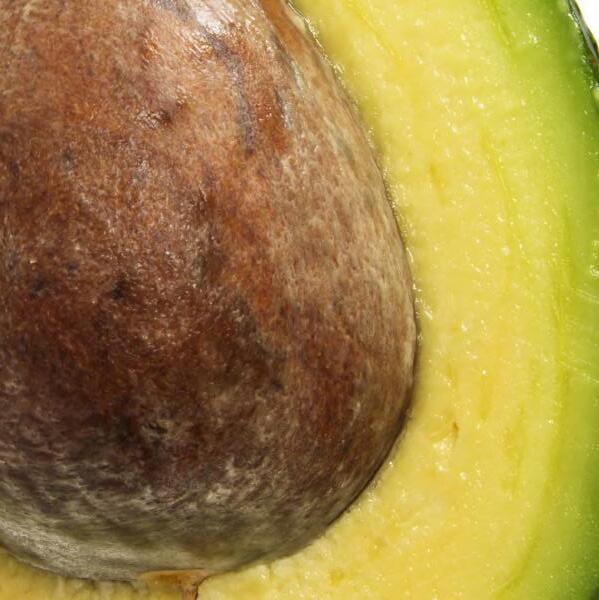

Granot (Export)
Granot Farmers (Local)
Logistics center
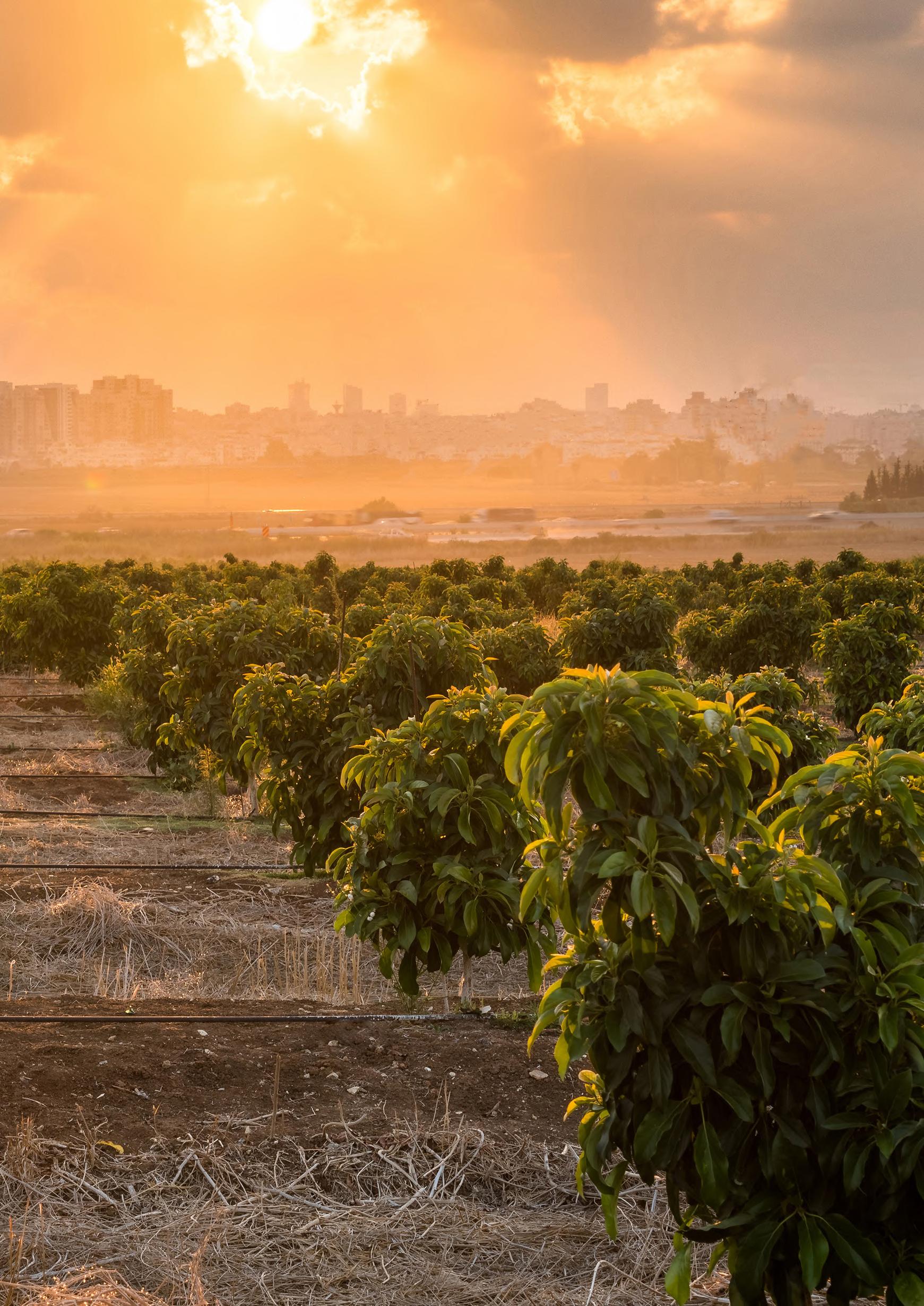
Granot Fresh (Export)
Farmers (Local)
Logistics center
As an international cooperative of avocado and citrus farmers, we believe that we have the responsibility and the power to change the world — and when we say change, we mean to preserve and protect.
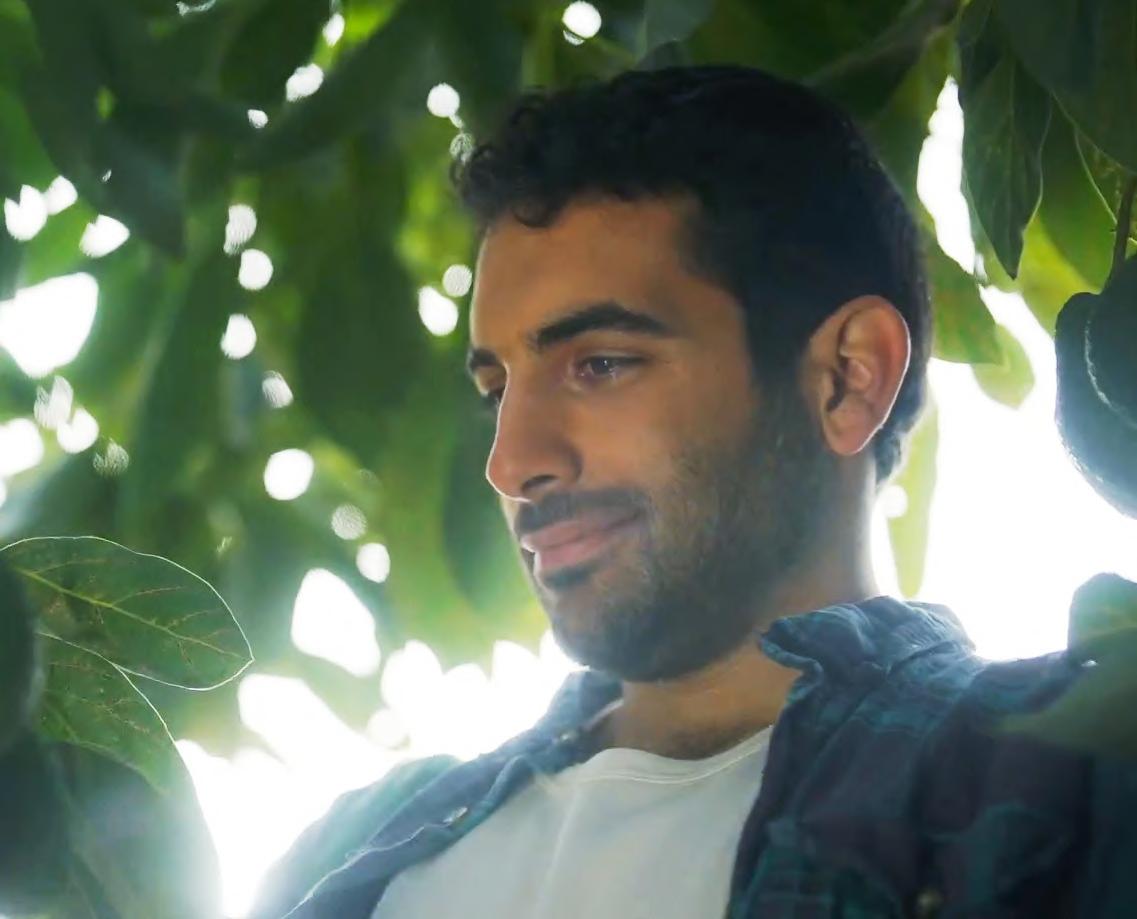
Granot is made of hard-working farmers, starting from the packers through to the top leadership and the communities and villages that own the company; so it is no surprise that we make sure to take care of our planet, that has given us so much. We believe in growing and supplying the best and freshest produce while maintaining the highest sustainability standards throughout our production chain.
This first ESG report presents our sustainability-related activities and data. It provides insights into how the company is run and outlines our approach to sustainability. This report also serves as a baseline against which to define targets in future reports. By 2024 we aim to set ambitious quantifiable targets related to our most important material topics across each of the three ESG pillars. Among our preliminary goals are to complete Life Cycle Assessments (LCAs) of our main products, to disclose Granot’s full carbon footprint (scopes 1, 2 and 3), and to assess specific social and governance metrics by 2024 (table below). By this date we also aim to set ambitious quantifiable targets related to our most important material topics across each of the three ESG pillars.
∙
∙
∙
∙
∙
∙
∙
Our approach to stakeholder engagement is simple: We are the stakeholders.
Our growers are our family, they are our owners, they are our packers, they live in the midst of our orchards, they are our local community, and they are also among the end users that enjoy our products.
To put it in perspective, take David A., a private grower that works with Granot. His uncle Michael works at Granot as a packer, his sister Gili lives in one of the kibbutzim (collective villages) that is part of the cooperative that owns Granot, and his daughter Shiri loves to eat our avocadoes with eggs and toast.*
* Fictional character that reflects our reality.
In short, we are a cooperative of growers, packers, community members, and consumers.
How we act affects us directly, and their future IS our future.
This means that in addition to our financial performance, our environmental, social, and governance considerations are central to our business success.
It is deeply personal, and it makes good business sense too.
As a fresh produce supplier, we are particularly sensitive to our environment, and are deeply concerned about climate change. Thanks to our research and innovation efforts, we are focusing on climate change mitigation and adaptation strategies so that our communities (we) can continue to thrive in the decades to come.
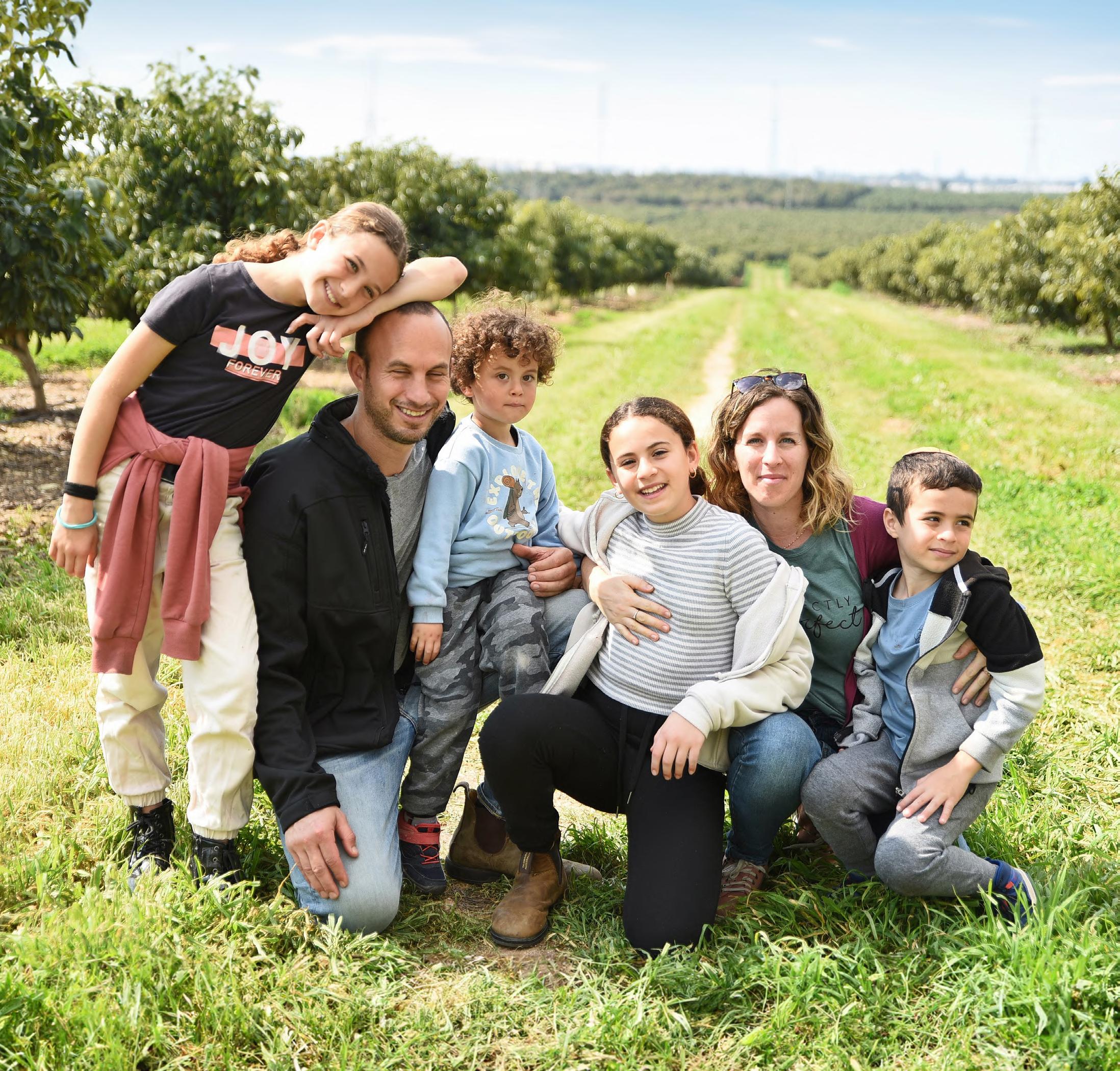
The topics covered in this report were identified during a review of the company’s existing and potential impacts on the environment and its stakeholders. To determine the most important topics, the ESG team completed an extensive desk review of the company and the fresh produce industry, considered benchmark reports of industry peers, appraised the company’s existing policies and procedures, conducted interviews with the company’s leadership, management teams, and employees, performed multiple site visits of the fruit orchards and the packing house, and engaged with various stakeholders.
Topic 13.1
Emissions
Topic 13.5 Soil health
Once the material topics were identified, they were considered against the likely material topics and associated disclosures presented in the ‘GRI 13: Agriculture, Aquaculture and Fishing Sectors 2022’ sector standard and the SASB Agricultural Products industry standard version 2023-06. The resulting key topics for Granot are as follows (for simplicity, these are presented according to their GRI denomination and order):
Topic 13.7 Water and effluents
Topic 13.8 Waste
Topic 13.9 Food security
Topic 13.10 Food safety
Topic 13.12 Local communities
Topic 13.15
Topic 13.19
Topic 13.20
Topic 13.23
Non-discrimination and equal opportunity
Occupational health and safety
Employment practices
Supply chain traceability
When available, information on additional topics was included as well. For a full list of the material topics considered, please refer to the GRI and SABS indexes at the end of this report.
At the end of 2015, the United Nations General Assembly determined 17 sustainable development goals (SDGs) that form a roadmap for countries to reach sustainable development. Although the SDGs are national-level targets, their inclusion in this report reflects both the scale of our national impact in Israel, as well as our company’s commitment to the roadmap determined by the targets, indicators, and associated activities identified for each of the SDGs. We

recognize the importance of these goals, and believe that achieving the SDGs requires a common effort that all individuals and organizations must embrace.
Below are the SDGs that are most relevant to Granot’s operations. Despite Granot’s global reach, our consideration of the SDGs focuses on Israel and those indicators that remain major or minor challenges for the country.
Prevalence of obesity, BMI ≥ 30 (% of adult population). We strive to provide quality fruit at affordable prices, combating malnutrition. We have a zeropesticide policy in our avocado orchards.
Human Trophic Level (best 2–3 worst).
Sustainable Nitrogen Management Index (best 0–1.41 worst).
Gender wage gap (% of male median wage).
Proportion of women in managerial positions.
Freshwater withdrawal (% of available freshwater resources).
Scarce water consumption embodied in imports.
Level of water stress: freshwater withdrawal as a proportion of available freshwater resources.
Nearly 50% of our employees are women, and we have salary scales to ensure equal pay.

Youth not in employment, education or training (NEET).
We use 89% treated wastewater to reduce our freshwater withdrawal.
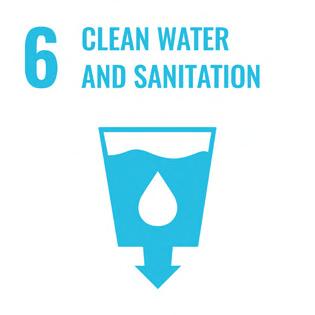
Gini Coefficient.
Palma Ratio.
Elderly poverty Rate.
Food loss index and (b) food waste index
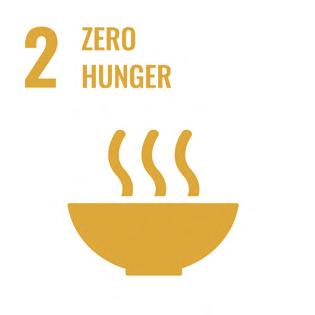
Number of companies publishing sustainability reports.
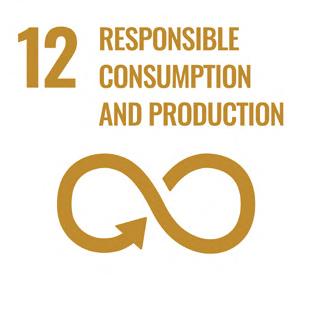
We provide youth with opportunities for employment, education and training.
Our team is made up of people from diverse backgrounds, socio-economic situations, and geographic locations. By providing dignified salaries and benefits packages we contribute to reducing inequalities.
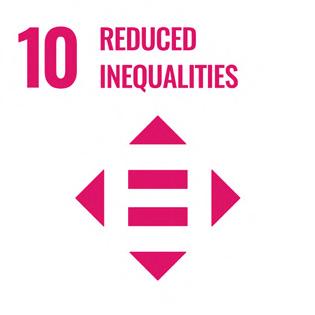
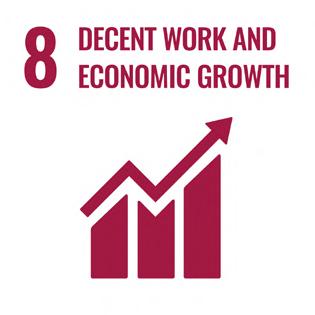
None of our produce goes to landfill and we are continually developing techniques to monitor quality and ripeness to ensure quality and avoid any waste.
Our orchards are rich ecosystems that serve as a habitat for local flora and fauna to thrive.
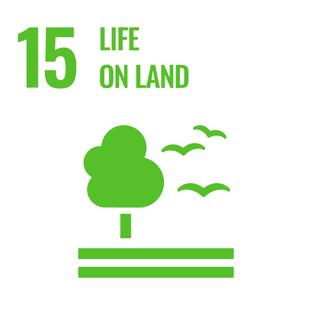
Since our founding in 1958, being at the forefront of environmental stewardship and sustainability has been a core value that shapes every aspect of our operations. We recognize the critical role that agriculture plays in the health of our planet, and we are committed to minimizing our ecological impact while maximizing the benefits to both people and nature.
Our commitment to sustainable practices is reflected in our management of the land and resources. To promote conservation efforts, our orchards are founded on existing agricultural fields, thus protecting existing forests and natural ecosystems.
Today, our orchards are home to an estimated 680,000 avocado trees in Israel, and another 100,000 citrus trees, and every year we add an average of 56,000 trees. The orchards we farm directly cover an area of nearly 1,500 hectares. We also provide technical support, packing, and marketing services to growers responsible for another 1,900 hectares. Finally, we launched a new project in Kenya that will cover 400 hectares, adding tens of thousands more avocado trees in the coming years.
In all our orchards, we employ agroforestry techniques, fostering a rich ecosystem and a safe environment for plants and wildlife to thrive. Our trees and the wild plants that thrive amongst them also transform and sequester CO2, helping in the fight against climate change and enriching the soil.
As a recognition of our efforts, we are proud to share that in 2022, we were awarded the prestigious ‘Sustainable Agriculture Certification’ by the Rainforest Alliance.
For this first sustainability reporting, we are sharing our basic scopes 1 and 2 greenhouse gas (GHG) emissions data, focusing on the most important emission sources, based on the GHG protocol methodology, including the Agriculture guidance*. In future reports, we will incrementally add the 15 categories of scope 3. In 2023, we also aim to begin LCAs of our produce, starting with our avocados. Compiling *
this information will enable us to set ambitious and achievable reduction targets and build the action plans to meet them.
Haifa Tel Aviv GranotIn 2022, we consumed just under 6,500 megawatt hours (MWh) (6,486,115 kWh), of which 6,000 MWh or 93% were supplied by the Dalia natural gas powerplant. By primarily sourcing our electricity from the private provider Dalia, we emitted 43% or 1,792 tCO2e less than if we had relied exclusively on the main electricity grid*. In addition, solar panels on our facilities generated 1,827 MWh of electricity which were sold to the electric provider**.
In 2022, we consumed 77,876 liters of diesel and 130,344 liters of gasoline. Forty percent (90% of our diesel) was used for agricultural purposes, 15% for the packing house, and 34% for the company fleet. We have begun transitioning our company fleet to electric/hybrid cars.
19.5% of the company fleet are electric/hybrid.
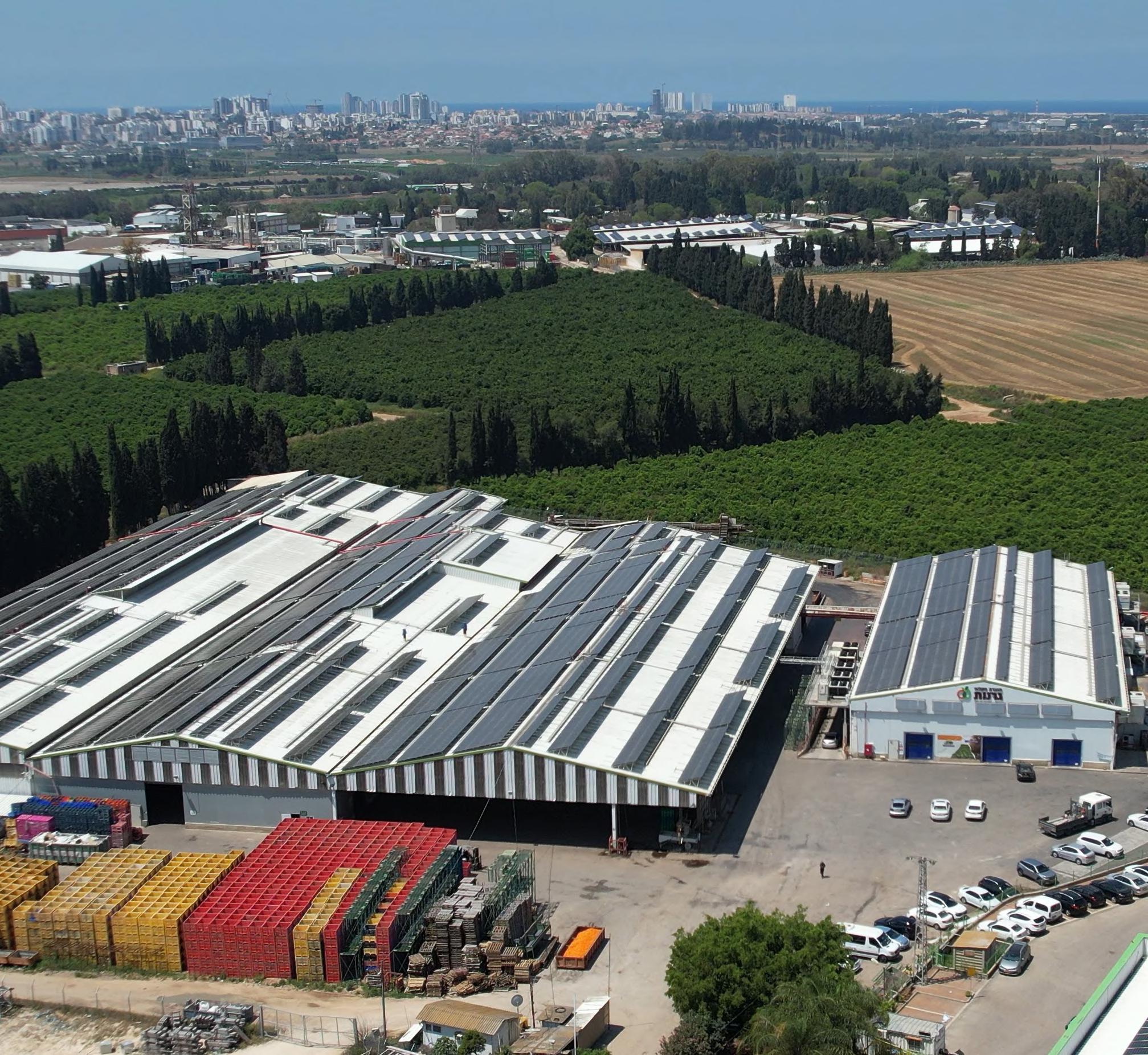

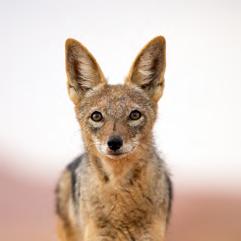

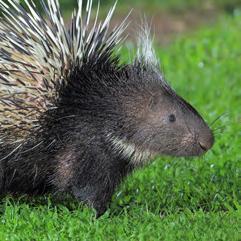
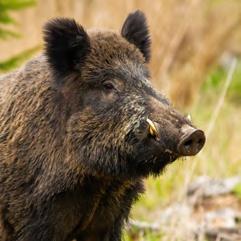





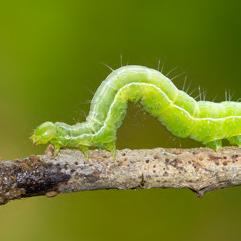
Our pesticide-free avocado orchards nurture diverse ecosystems that maintain a natural balance of plants, insects, and animals for effective pest management. Our collaboration with research institutes and the Ministry of Agriculture drives ongoing innovation in natural control methods, integrating technology and sustainability to positively impact the environment.

Soil health is carefully managed to minimize our footprint and prevent contamination. Our three-tiered testing process optimizes fertilizer use, analyzing nutrient levels in soil, water, and plant leaves to ensure minimal usage.
In between tree rows, local plants and wildflowers thrive, curbing erosion, providing homes for pest control insects, and boosting soil organic carbon.
Little insects (e.g. earthworms) that enrich the soil by breaking down organic matter.
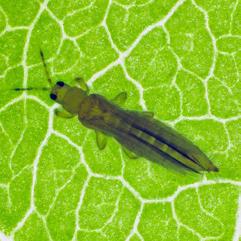
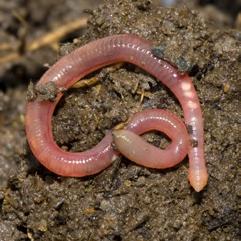
Beewise’s smart beehives, armed with cameras and sensors, continually analyze hive activity. This real-time data optimization enhances pollination, maximizing our yields.
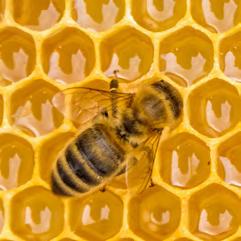
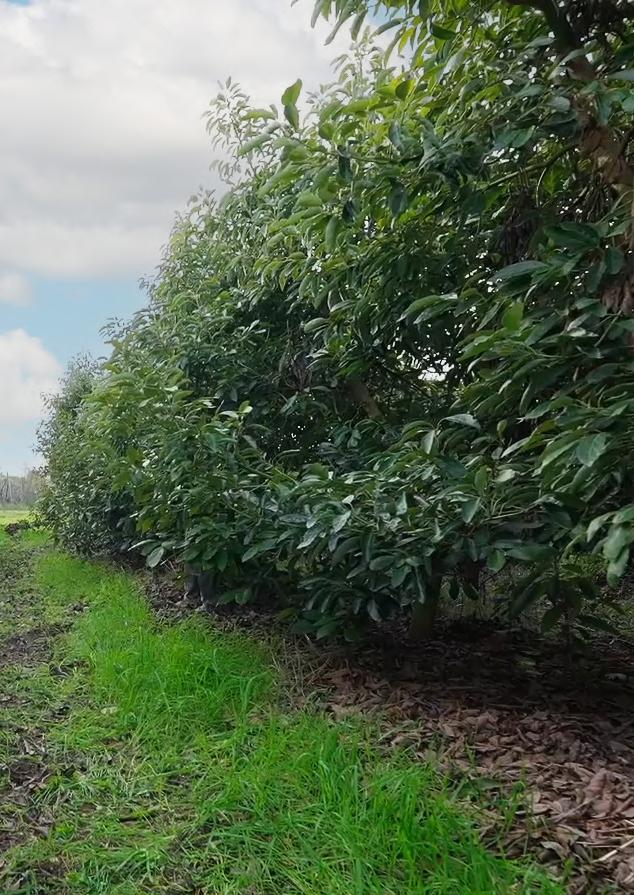
Wild boards, deer, and various species of songbirds contribute to pest control.

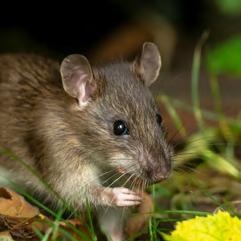

Mites, moths, and other insects near the trees can turn into pests if unchecked. Our orchards also host animals like hares and protected species such as porcupines.
Small – praying mantis, ladybirds and other insects help control the small herbivore populations.

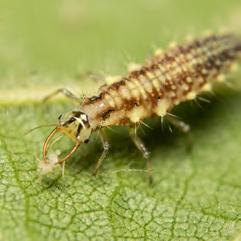

Medium – snakes, lizards and other animals take care of rodents. We build nests for owls to encourage them to stay and join the fight.
Large – jackals roam our orchards looking for prey.

Water is key to life on this planet, so we do everything in our power to save and conserve it. In Israel, annual water risk and stress levels are high (>80%), a situation that is predicted to become more acute in the coming decades.
To tackle this challenge and reduce the risks presented by climate change, we prioritize responsible water management and implement the latest technological systems. Through these efforts, we aim benefit both the environment and society.

Our water management system has been certified by the GLOBAL G.A.P.’s Sustainable Program for Irrigation and Groundwater Use (SPRING) standard.
To minimize water consumption, we've collaborated with local authorities and community water committees to create a sophisticated treated waste -
This approach offers many added benefits:
water network that fully supplies all our orchards with treated wastewater. Collected from nearby cities, this water is managed by local communities, many of whom are the same entities that own and manage Granot – another example of how our integrated approach benefits all stakeholders both financially and environmentally.
Reduces water wastage.
Eliminates the carbon footprint associated with disposing of the treated wastewater.
Contributes to the economy by turning treated wastewater into a resource that we pay for.
Since these water are rich in nutrients, they significantly contribute to decreasing the need for chemical fertilizers.
Acts as a means of reducing the risks associated with flooding and drought by allowing for the capture and release of floodwater depending on the season.
The reservoirs have become their own ecosystems, providing a home for a wide range of species, including acting as a sanctuary for migrating birds.
Finally, Israel's increased use of desalinated water in recent years means less secondary treatment is needed for the resulting treated wastewater, further reducing associated carbon emissions and chemical usage.

We operate state-of-the-art irrigation technologies and automated water management practices to optimize water usage in our orchards. 100% of our orchards use the latest low-flow drip irrigation technology, and ground and tree trunk sensors provide our avocado farmers with a real time picture of their avocado trees’ needs. Combined with the latest weather forecasts, farmers can then program the exact amount of water and fertilizer that their trees will need — all that from their phone or laptop, enabling maximum water and nutrient efficiency and minimum resource consumption associated with traditional water management techniques.
Thanks to these practices, in 2022 we consumed 9,767,330 m3 of water, of which 7,666,000 m 3 was used in our avocado orchards. This amounts to 562L per kg of avocado, which is beneath the global average of 600-700L per kg. Taking into consideration our primary use of treated wastewater, our consumption of blue water per kg of produce is 62L or ~10% of the global average.
562 L/kg
total water usage
grey
62
500 blue
~10% of the global average
We control the whole supply chain, meaning that we can invest in the latest technology and streamline the entire post-harvest process, from picking to market, so that the produce our customers receive is the highest quality possible, at minimum impact on the environment. This is how we do it.
All our orchards are located within 45km of our packing house, meaning that transit time is at a minimum, resulting in less waste, less fuel, and more goodness.
We operate the most sophisticated packing house in the country, and amongst the most advanced in the world. By applying the latest technology, we can identify the best use for each avocado, and when they will ripen, thereby ensuring our fruit are safe, their shelf life is as long as possible, and the amount of food that goes to landfill is ZERO. Our food safety practices have been certified by the BRCGS Global Food Safety Standard, the GLOBAL G.A.P. Produce Safety Assurance Standard, and the Global G.A.P AH-DLL-GROW.
Thanks to these efforts, we had zero product recalls in 2022.
Our packing house combines top level grading machines, a state of the art camera sorting system, and advanced in-house controlled cooling chambers.
Our strategic partnership with MAF RODA and the use of their agrobotic machines help us to analyse the surface aspects of the avocados and detect predefined parameters of colour and shape, along with defects on the skin such as puncture marks,

mould and bruising. Specialised conveyor lines grade, scan, and electronically sort (using sensors for colour, diameter, external defect, internal defect, soft fruit) and pack fresh fruits and vegetables - making them a perfect fit for us.
Thanks to the 36 scans of every avocado, we can allocate each fruit to its intended use based on its quality and ripeness (whether it is sent to the local or international market, and is intended to be eaten fresh or put to other uses such as oil or guacamole).

Grey pulp is one of the biggest avocado internal quality problems that leads to major economic losses and food waste. We developed a harvest preference that relies on a predictive model that factors in the optimal ripeness stage and quality hazards based on dry matter analysis. Our complete control over dry material values throughout the value chain results in optimized
During the season, we do 200 of these tests every day to determine the right amount of dry matter for each avocado, taking into consideration its destination and the time and conditions until it gets there, all so that it is PERFECTLY ripe and ready to eat when it arrives, and no avocados are lost along the way. This has allowed us to expand our ‘ready-to-eat’ product line, greatly minimizing food waste for consumers.
In 2022, we launched a joint venture with Neolithics, an AI agri-tech company that has developed a non-destructive method for inspecting the internal quality of fruits and vegetables. Thanks to their optical sensing AI-software we can achieve
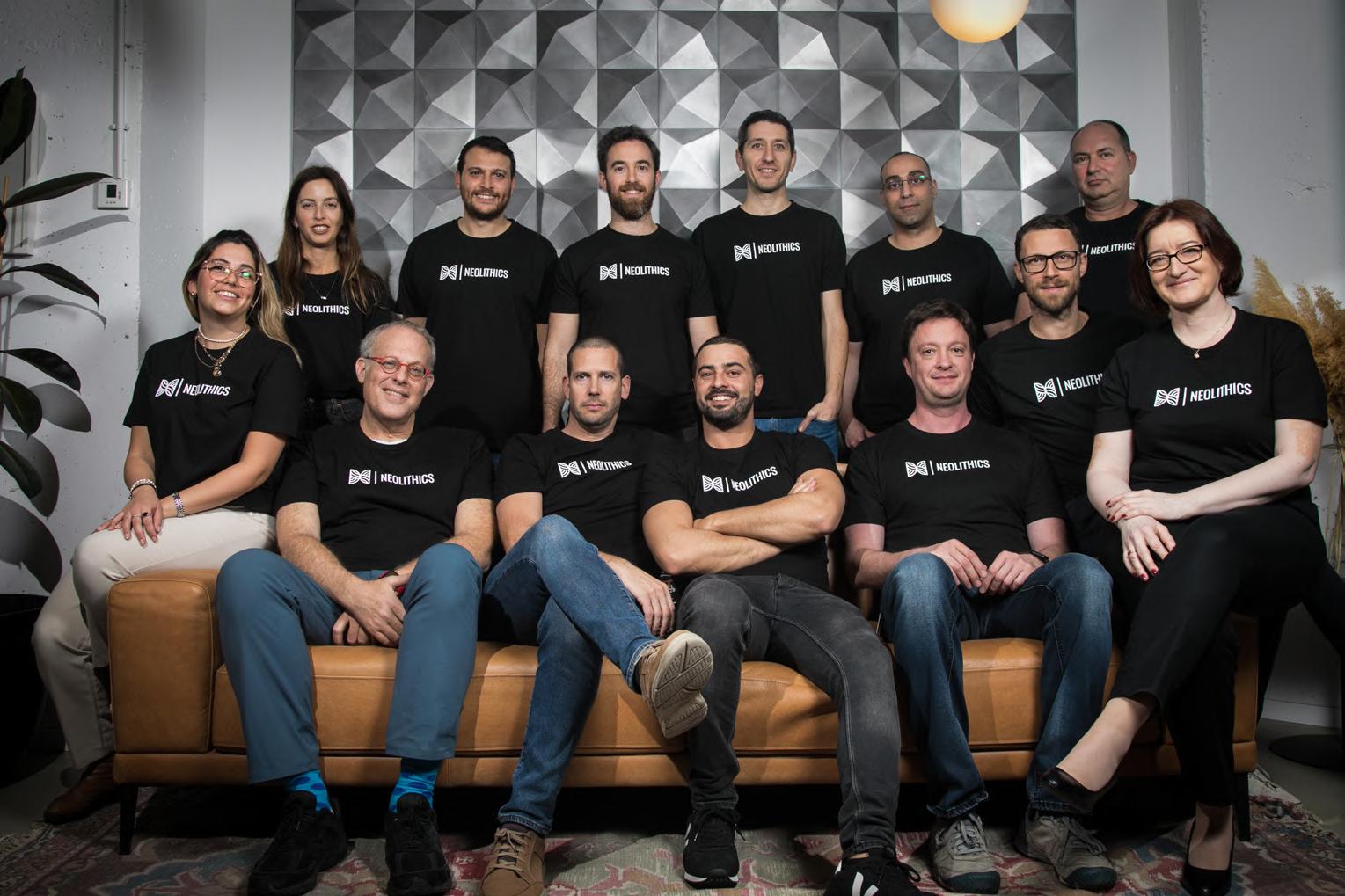
quick, accurate and consistent analysis of what is happening inside our avocados so we can determine their individual ripeness and identify any contamination and pesticide residue. By doing so without damaging samples from each batch of fruit we can reduce food waste while ensuring greater safety and quality.

During the harvest, we reuse and repair our plastic bins to reduce our plastic requirements.
To minimize the waste associated with repacking our products, we conduct final packaging according to our customers’ preferences directly at our packing house. Further, we have installed state-of-the-art automated machines in our packing house to reduce waste and optimize resources.
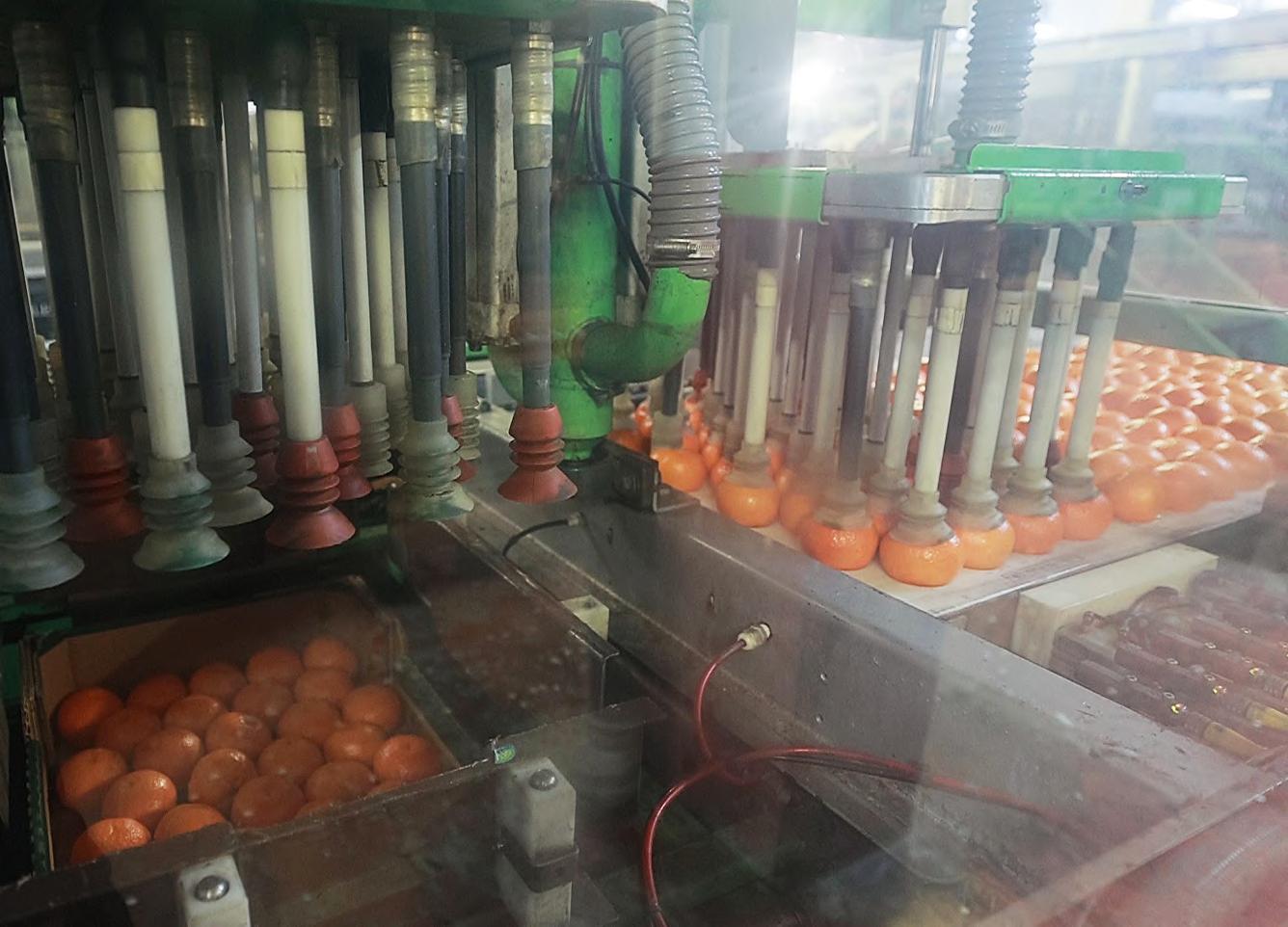
Our packages consist of mainly cardboard boxes, and some plastic containers.
Thanks to our automated packers, we have reduced our cardboard waste to <2%, while extending the
period without a related customer complaint to 2 years! We are also continually researching means of reducing the amount and weight of cardboard required in packaging. In 2022, all of the 41.21t of cardboard and paper that we disposed of went to recycling.
Whenever local regulations allow for it (like in Israel, our local market), we use recycled plastic, and we are currently piloting a new cardboard ‘ready-to-eat’ package to further reduce our plastic use. In 2022, we sent all our 30.36t of plastic to recycling.
We do not produce any hazardous waste. In 2022 we generated 150t of mixed municipal waste.
To enhance transparency and traceability, we use a barcode tracking system with unique identifiers on each box of avocados, allowing us to monitor and track their journey from farm to destination, ensuring full traceability and reinforcing our com -
mitment to responsible sourcing and delivery practices. Through these efforts, we strive to uphold our commitment to environmental stewardship while consistently delivering premium avocados to consumers worldwide.

As an avocado producer committed to ESG principles, we acknowledge the environmental impact of shipping emissions in the transportation of our avocados to international markets. To address this concern, we have implemented measures to reduce our carbon footprint and promote sustainable shipping practices. We actively collaborate with shipping partners to optimize logistics, reducing transit times and fuel consumption.
<60km
By prioritizing markets that are geographically closer to our farms, we reduce the emissions associated with shipping and transportation. Shorter shipping distances minimize emissions while ensuring the timely delivery of our avocados to maintain their freshness and quality. This is also another reason why we are proud that in 2022 we sold 52% of our produce in the local market, minimizing transportationrelated emissions.
days
* Calculated as the estimated time for a cargo ship to travel from the port of Haifa, Israel (ILHFA) to our typical short and long route destinations — Koper, Slovenia (SIKOP) and Gateway, UK (GBLGP). Times determined using searoutes.com.
** Data based on the emissions generated from one container travelling from our facilities in Israel to the port of Fos-sur-Mer in France compared to a container leaving from the port of Cartagena in Colombia or the city of Kenitra in Morocco to the same destination. Emissions calculated using ecotransit.org.
Our proximity to Europe (78% exports) means that our shipments produce than shipping from South America, or 70% less than transporting via land from North Africa**.
~3-6
over 60% less emissions

In 2020 we set out to define our company values, so we asked our people directly. We organized focus groups and conducted company-wide surveys. We found out that the overarching value at the center of everything we do is the notion of family.
A family takes care of its own. A family thrives when everyone feels a sense of ownership, when each individual is accepted regardless of their differences, and when each person has a voice and can grow to become their best selves. We believe the same is true of our company. We want everyone to be seen,
heard, and feel that they can approach anyone, no matter whether it’s their colleagues, supervisors, or even the CEO. By nurturing this spirit of inclusivity and empowerment, we strive to create a unified and supportive company family that thrives on mutual respect and collective growth.
Our commitment to the highest standards of labor, health and safety, environmental performance, are regularly audited by certification agencies. Our global certifications include the GLOBALG.A.P. Risk Assessment on Social Practice (GRASP), and our packing house has certified by the Sedex Members Ethical Trade Audit (SMETA).
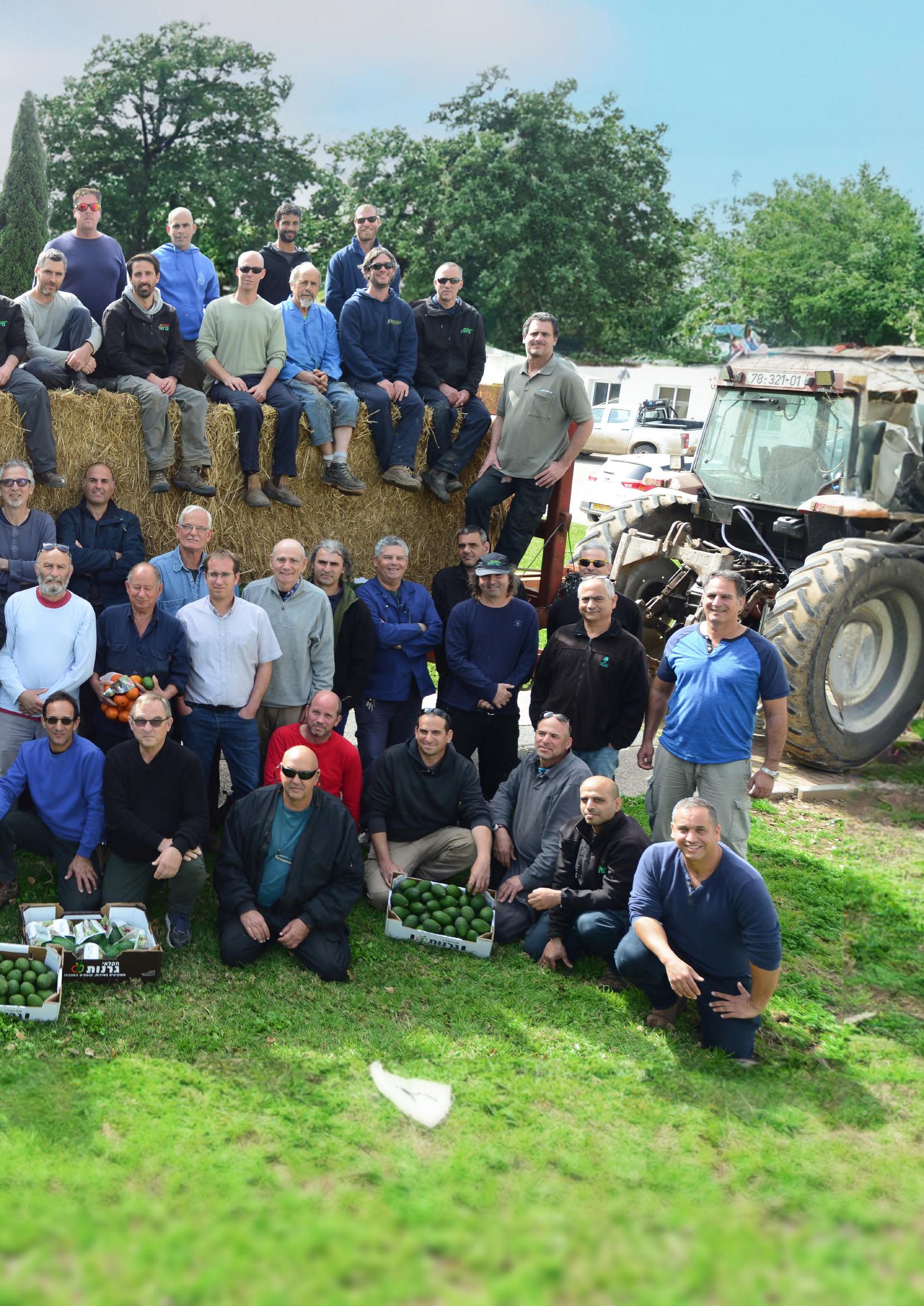
Our participatory approach to defining our values led to the designation of four additional values - Integrity, Innovation, Growth, and Excellence.
We believe in fairness, transparency, and humility in all that we do. It is important to us that our partners and customers believe in us and that employees feel that they will always be treated fairly and honestly, much the same as we expect them to act with sincerity and integrity.
We do not rest on our laurels. We are resultsfocused and we act with optimism and for the benefit of the company’s growth and the personal progress of each and every employee—because there is always room to develop and do more.
Thanks to passion, resourcefulness, creativity, and thinking outside the box, we will always strive to develop new methods and contributions. This means enabling each employee in their role to take new initiatives, and for managers to find new ways to solve problems, improve organizational processes and business initiatives.
We believe that one should always do their utter best while measuring the quality of their performance. Constant comparison and a real effort to improve, learn and correct are key. Everyone in their field of expertise is expected to embody the highest level of professionalism and to work effectively, efficiently, and sustainably.
Every ESG report we put the spotlight on different employees so you can meet our wonderful family.
Career journey at Granot: The beginning was on the production line. I managed a line and three employees, after a short period of 6 months. With the effort and care and training from the management I got the position of shift manager. This was a different world and an interesting and important role. The organization sent me to a management course to improve more and continue on the way.
What is it like to work at Granot: I feel very committed, because the place accepted, supported, and helped me develop and get to know the world of management. They appreciated me and gave me all the tools I needed to succeed and advance another step further.

What makes you wake up in the morning with a smile: The fact that I know that I am on my way to a place where I can think out loud, that will accept my thoughts and correct me if necessary. That it’s a work environment with good relations between the whole team.
Career journey at Granot: At the beginning of my career, I started as a shipping clerk for the packing house. After 4 years I finished my work at Avocado Granot and returned 6 years later to the local market marketing company “Granot Farmers” as logistics and administrative coordinator.

After about two years I moved to work under the COO as a trucking manager and today, I am distribution manager for the entire group.
What it’s like to work at Granot: Granot for me, as its name suggests, is growing all the time and so am I. I feel that the range of professional development is expanding and the responsibilities and demands are growing which keeps me constantly in a state of learning and a desire to advance.
In terms of belonging, there is no doubt that I feel like a partner in many of the processes that are carried out and therefore the care and concern for success comes from this place.
What makes you wake up in the morning with a smile: The realization that I am doing what I love, that I feel like I belong, and that I feel appreciated and definitely satisfied.
Career journey at Granot: I began my work at Granot in 2008 as an irrigation supervisor at Regavim Orchard and Kfar Glickson. During my role as irrigation supervisor, I went to various trainings and courses on irrigation and fertilization phenomena and plantation management.In 2018 I was promoted to project manager at Regavim Plantation of about 1554 dunams.
What is it like to work at Plant Granot: I feel lucky every day that I am part of the Granot Plant family. I am fortunate and it is not taken for granted. I work from the heart and I love and am so connected to the work. It’s a place where you are appreciated and embraced. A family in every respect.
I grew up in the organization and they believed and trusted me and at the moment of truth they let me manage Regavim Orchard, where I as raised and it was a dream come true for me to manage this orchard and for that I am personally grateful. I couldn’t ask for more. There is no other place like this that also supports you personally and professionally. Granot is the place to be.
What makes you wake up in the morning with a smile: First and foremost, my children. And after that, of course, is that I do what I love – growing avocados and managing a team of employees. Responsibility and work are my nature and it revitalizes me.
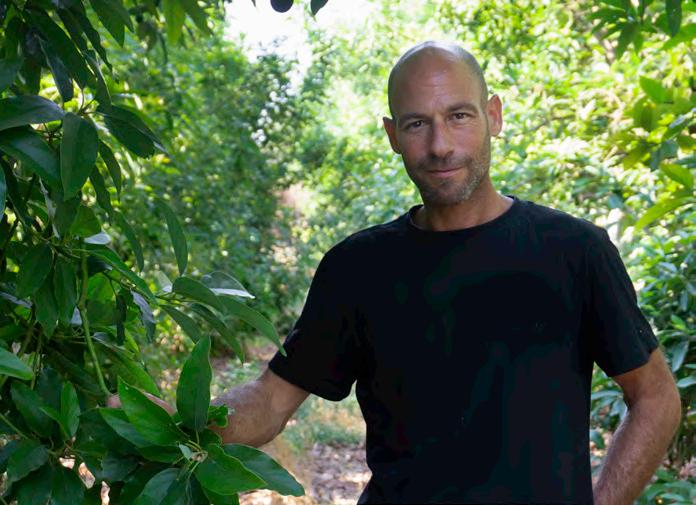
Our diversity is our strength. The community from which we draw our employees, owners, customers and consumers is diverse, and therefore so is our company. At all organizational levels, we welcome and value people of all gender identities, ages, ethnicities, cultures, beliefs, languages, family status, sexual orientations, and abilities. Discrimination in any form is strictly forbidden, and all employees, suppliers, and contractors are treated with fairness and respect. Selection for employment, promotion, or supplier contracts is solely based on skills and performance.
People of all ages are welcome at Granot, and the data backs it up! Further, our workforce combines both recent hires and employees that have been at the company for decades.
We believe that our diversity leads to a multiplicity of perspectives which actively contributes to better decision-making while deepening our sense of togetherness as a family and increasing our resilience to shocks and changes over time.
To realize this vision, we foster a workplace culture that sees people as co-creators in the company and seeks their active participation in decision-making. We uphold our co-defined values, invest in internal organizational communication, regularly conduct bonding activities, and operate an open-door policy that extends throughout the entire organization, up to the CEO and chair.
Having an inclusive workforce that values both new and long-tenured employees strengthens our resilience, sustainability, and competitive advantage in a rapidly evolving business landscape.
We encourage equal gender representation at all levels of our company and adhere to the principle of equal pay. Overall, including our foreign workers and Agrostudies interns, 56% of our workforce is male, and 44% is female. If we consider our locally hired workforce, then the ratio of men to women is identical to their respective representation in Israel’s national workforce*.
We are committed to providing a safe and respectful work environment for all genders in accordance with the Israeli Prevention of Sexual Harassment Law (5758-1998). Every year we conduct training on the prevention of sexual harassment. In 2022, 100% of our workforce attended this annual training.
We investigate every and all reported incidents of non-compliance. In 2022, there was one such reported incident. The incident was thoroughly investigated and decisions were taken. The investigation did not find fault in the existing work policies and procedures so no changes to company policies or procedures were made.
We foster a workplace that is safe and fair for people of all backgrounds, and make efforts to accommodate the linguistic, religious, and cultural traditions of all our employees. Whether Jewish, Christian, Muslim, Buddhist, Secular, Agnostic or Atheist, we accept everyone, and do our best to cater to their personal needs, be it by respecting each person’s holidays, diets, prayer times, or offering work-from-home days as and when feasible.
We have an ethnically diverse workforce, with a strong representation of internationals (17%) thanks to our Agrostudies interns from Cambodia and foreign workers from Thailand.
We are continually making improvements to our working conditions to open up job opportunities for those with physical and/or mental disabilities. In 2022,
Among our locally hired workforce, we are proud to reflect the rich cultural makeup of Israeli society, including a strong representation of self-declared ethnic Arabs (40%)**, a minority group (21.1% of the population) with higher poverty rates (57.8% of Arab families are under the poverty line [including government supplementary payments], compared to 45.3% for Jews)***. This is particularly noteworthy if one considers that the employment rates of Arab men (69.3%) and especially women (36.4%) are far below those of Jews (83.9% and 82.3% respectively)****. Our reputation for being a safe and positive workplace has led to high rates of employment for Arab women – 54% of all our self-declared Arab workers, and 42% of all our female employees.
1.5% of our workforce had an officially recognized physical and/or mental disability.
* World Bank Data (2022). https://data.worldbank.org/indicator/SL.TLF.TOTL.FE.ZS?locations=IL
** As an equal opportunity employer, and in keeping with Israeli labor law, we do not ask employees to disclose their ethnic or religious identity, therefore our data is based on employee responses to the question of primary language of professional communication.
*** Israeli Democracy Institute (2021). https://en.idi.org.il/articles/38540
**** Israeli Democracy Institute (2021). https://en.idi.org.il/articles/38538
Our farms also offer employment opportunities for foreign workers, predominantly coming from Thailand, and staying in Israel for a period of up to five years. This is a common practice in the agriculture industry in Israel, meant to address labor shortages, and one that has been ongoing at Granot since 2006. We offer our foreign workers
To help our people get to know each other and foster a culture of unity and a sense of family we invest in the publication of major internal documents. The first is our annual workplan, which presents the main goals, activities, and milestones of each department, alongside the team and their organizational structure.
In addition, every quarter we publish an internal newsletter. Every feature of this newsletter puts
compensation and benefits packages and accommodation, health and welfare services that are far beyond the extent of the law and that balance acclimatization to Israel, their dietary, cultural and religious needs, and their inclusion in the Granot family and journey. In 2022, we employed 31 foreign workers.
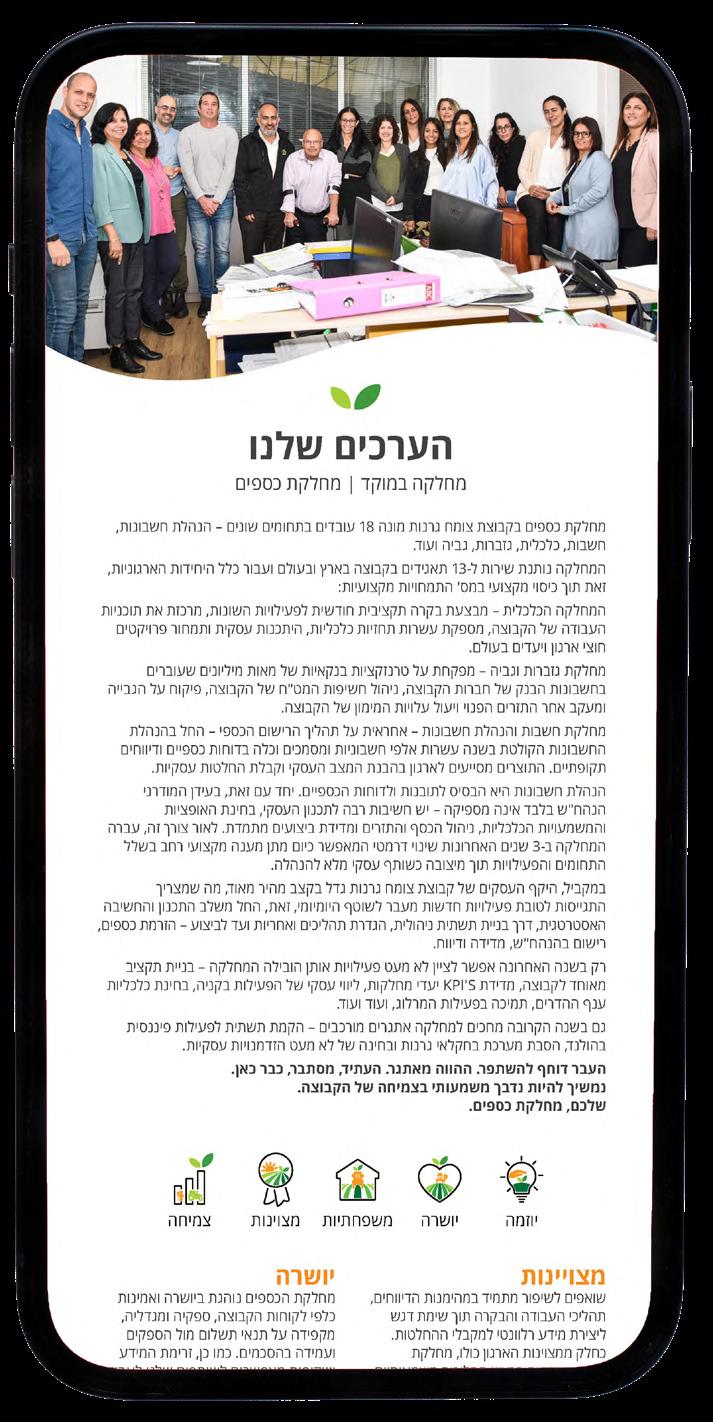
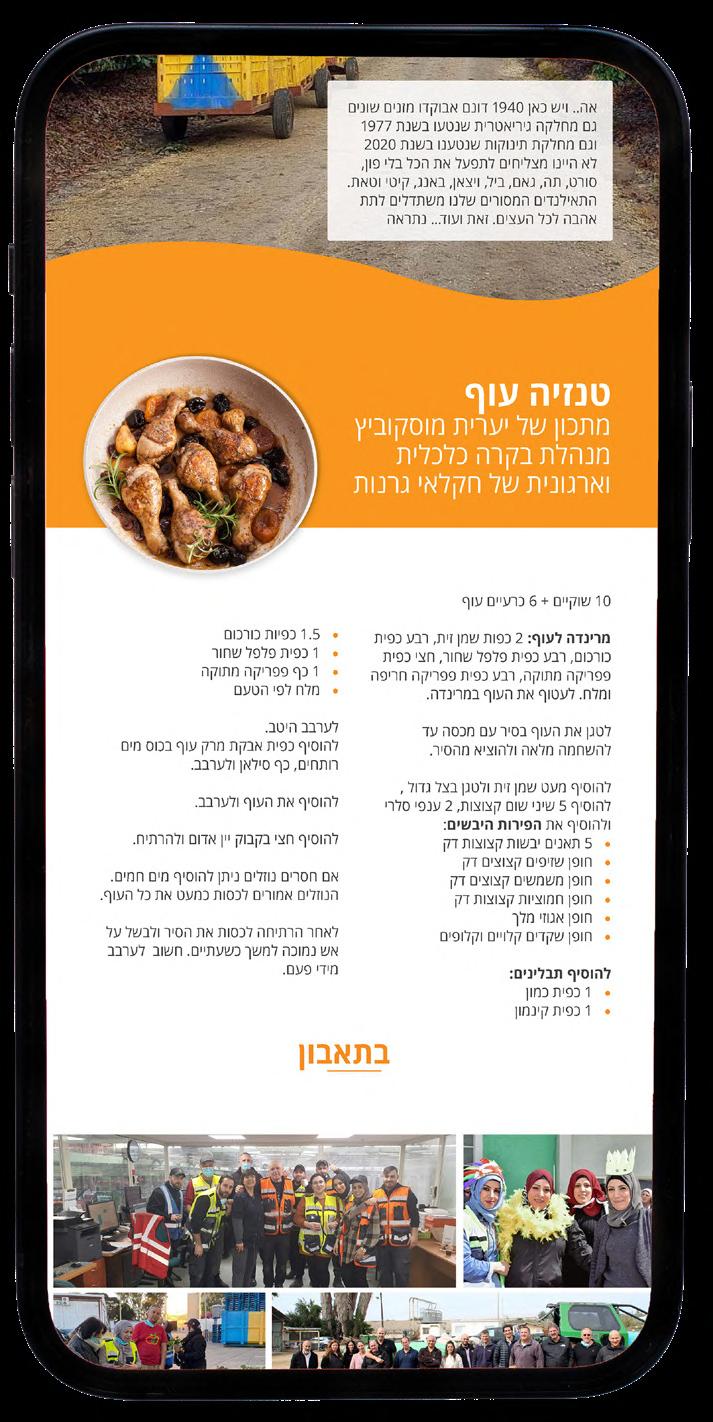
the spotlight on a different department, presenting their work and their views on how the company values manifest themselves in their department. There is also a feature on one employee, a description of the role and responsibilities of another employee, and finally someone shares a cooking recipe they love. Even the name of the newsletter itself, ‘growing with the right mindset’ (a play on the company name in Hebrew), was the result of employee suggestions and a vote.

Every year we conduct an employee satisfaction survey. Below are the highlights from the one we conducted in November 2022.
114/262 answered (44%)
80%
are very proud to be part of Granot.
92%
are satisfied with their workplace (73% are very satisfied).
88%
believe Granot behaves with integrity and fairness towards employees, customers and suppliers.
91%
consider that their direct supervisor sets a personal example with their behavior.
89%
are satisfied with the physical conditions of their work environment.
91%
feel confident and stable in their work and want to stay at Granot long-term.
91%
believe Granot is operating professionally and maintains a high quality of service.
87%
are confident they have all the tools and equipment they need to do their job well.
86%
feel that Granot is interested in them as a worker AND as a person.
89%
would recommend working at Granot to friends (67% strongly so).
The familiality, the inclusion, the human relations of most of the employees are at a very high level and I hope we will continue to grow :)
We [the employees] feel that we are working at home.
[I appreciate] the feeling of care and concern for the employee as an individual.
The main topics for improvement were intradepartmental communication, the establishment of clear SOPs to streamline work processes, and ensuring
We believe in attracting and retaining talent through a combination of monetary and non-monetary rewards that support personal and professional growth.
In 2022, we conducted a market survey of salaries in our industry and determined company salary scales to ensure we are competitive and fair.
In addition to the base salary, we offer a range of additional benefits at each stage of employment, from hiring until retirement. These include attendance and performance-based bonuses as well as gifts for
Beyond compensation and benefits, we seek to continually make improvements to the working conditions so that each person can focus on bringing their best selves to work. We recently upgraded the conditions in the packing house, with portable air conditioners and heaters and customized chairs for those working on the line.
that the family values remain part of the company despite the recent significant growth.
holidays and personal life events. We cover all health insurance requirement, and contribute to employee pension plans, as per Israel’s national labor laws.
Our team of foreign workers also receive a competitive package beyond the minimum legal requirements that includes a base salary and performance-based bonuses, as well as additional benefits and gifts.
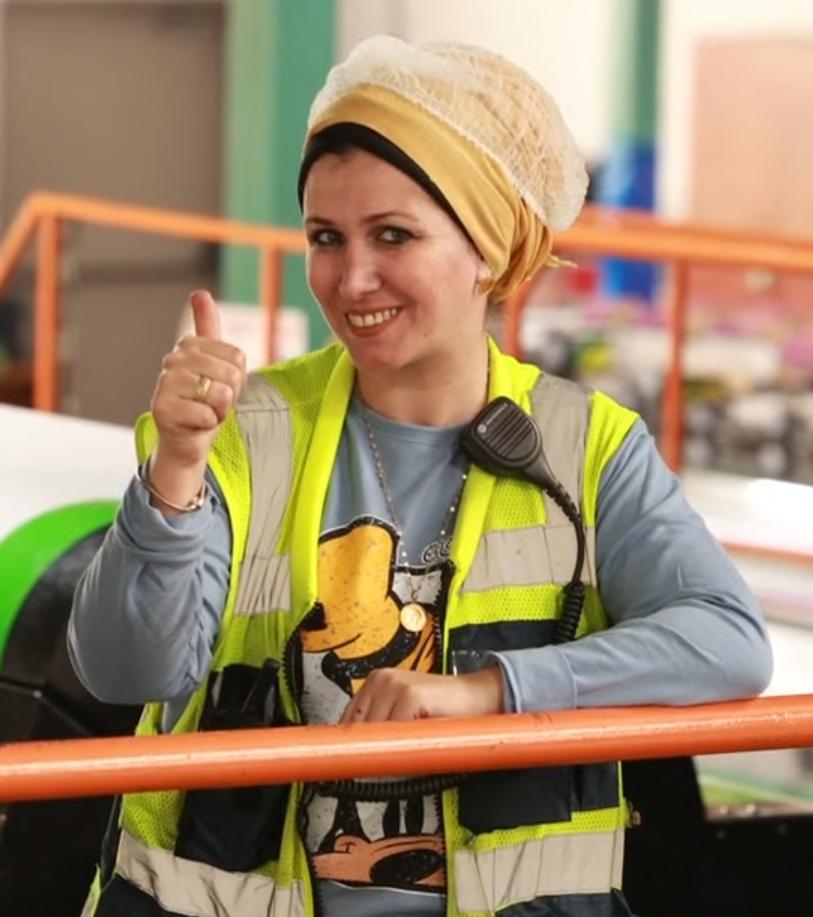
100% of all our employee salaries are above the national minimum wage.
NIS 5,000 of in-kind benefits per employee in 2022.
In addition, remembering that we are all part of the same community means that we see beyond each person’s role, and instead consider our people as individuals with a voice and a family. The person who ‘shows up’ at work on any given day is a reflection of where they are that day, both personally and professionally. To help each person bring their best selves to work, we consider their personal needs.
We offer employees growth opportunities, are attentive to their specific circumstances and needs, and try to offer flexible terms and conditions on a ase-by-case basis to the extent that is possible given each person’s role and responsibilities. At the start of each school year, we also provide support for employees to purchase school supplies for their children and we host company events for the whole family. In addition, during the height of the Covid-19 pandemic, we provided catering services for sick employees to help their speedy recovery.
To promote unity, team building, and to reward our people for excellence, we also conduct team building trips. These include an annual 3-day trip for all employees, a one-day trip for all growers (both employees and private entities) (see our ‘Community, Innovation and Education’ section below for more details), and department-specific team building days. In addition, because no family event could ever be complete without the presence of its most respected elders, we are proud to be joined at company events by former Granot employees that have since retired.
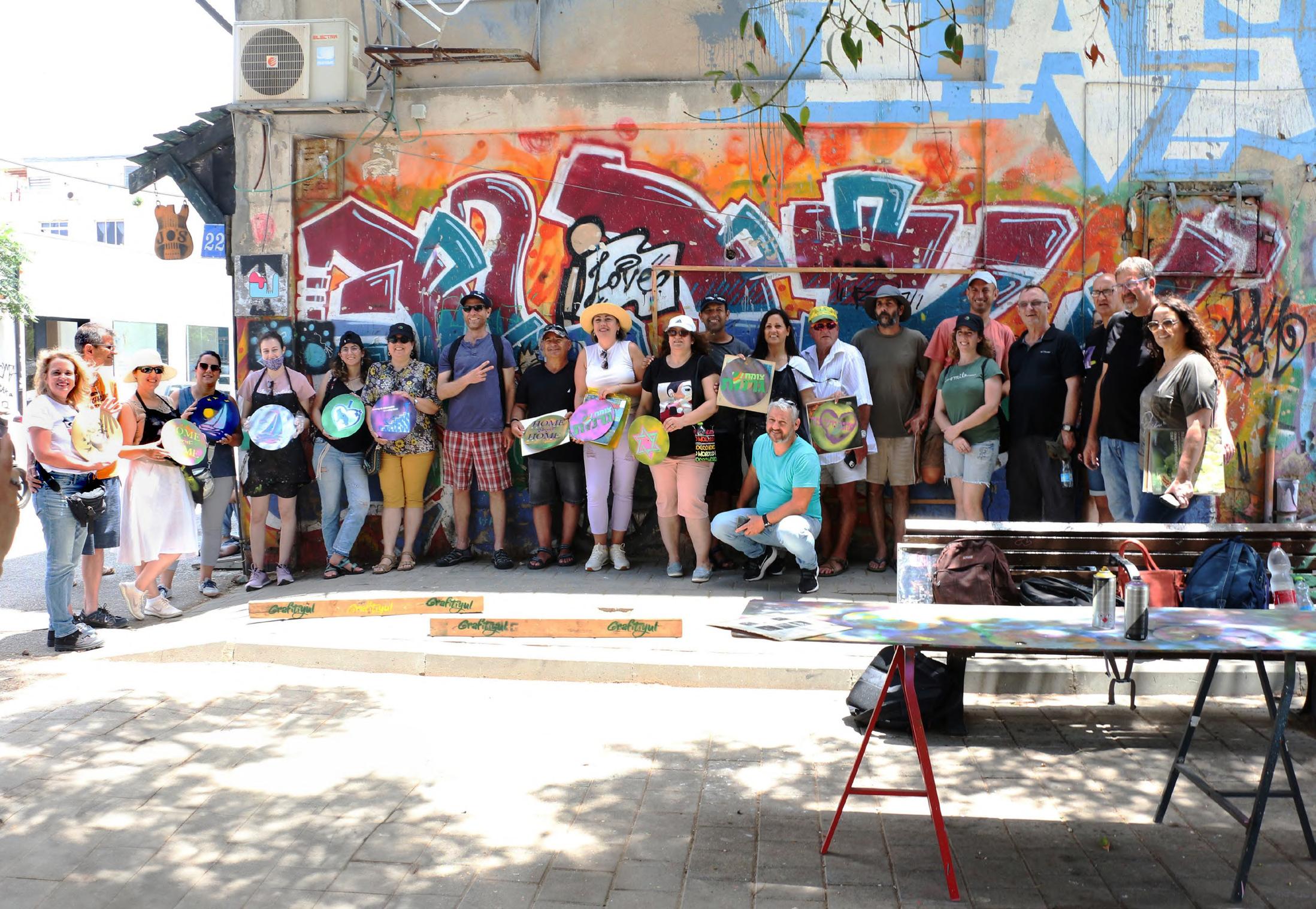
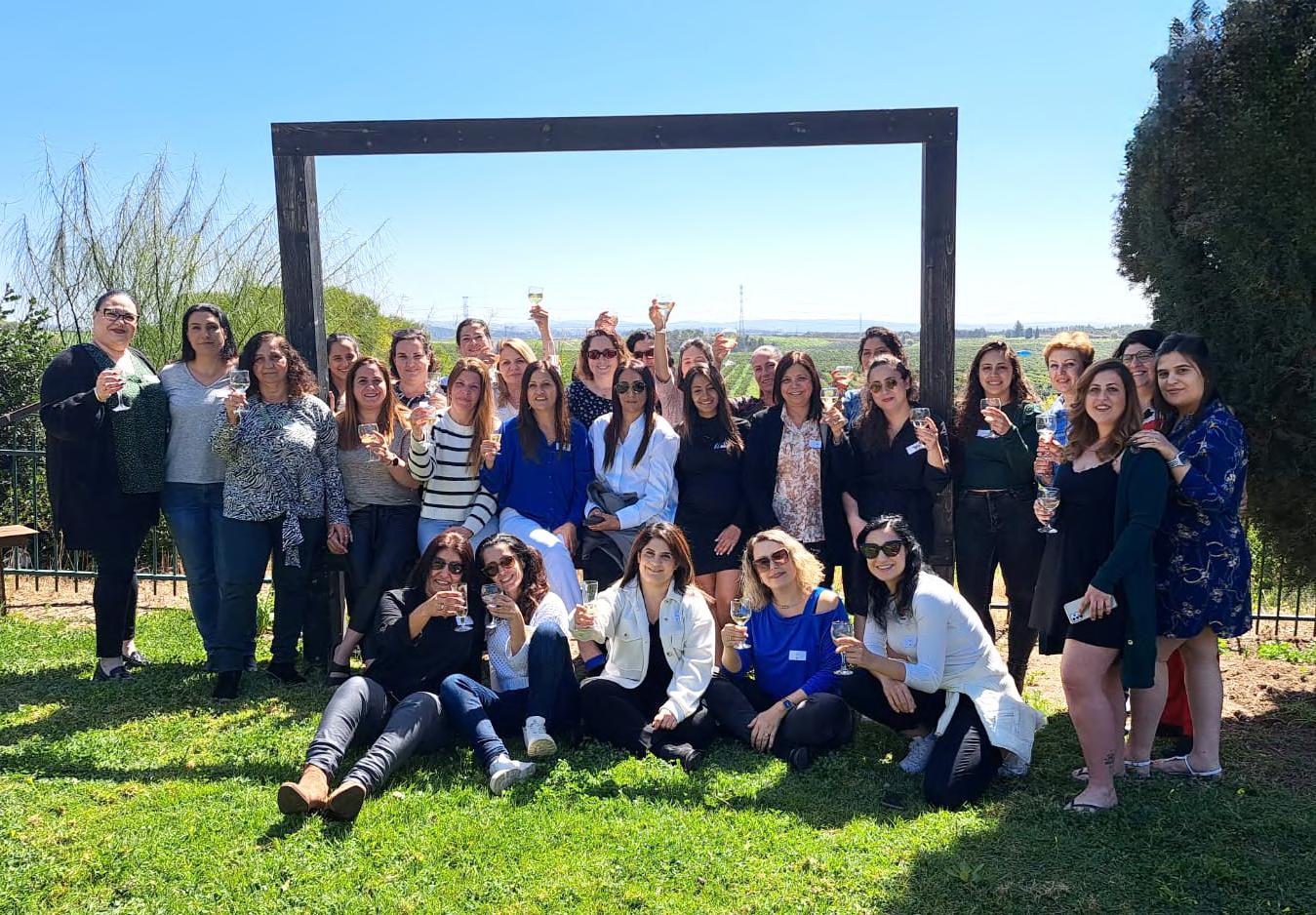
We care about our employees’ professional journeys, and we recognize that empowering our workforce through career development is a key component of our commitment to sustainability. We believe that investing in our employees’ growth and professional advancement not only enhances individual potential but also contributes to Granot’s overall success and resilience. Through tailored training programs, mentorship opportunities, and access to resources, we foster a culture of continuous learning and skill-building. Our dedication to career development extends to promoting diversity and inclusion, ensuring that every employee has equal access to opportunities for growth. By nurturing a supportive and inclusive environment, we aim to inspire our team members to reach their full potential and make meaningful contributions to our shared vision of a sustainable future.
We consider the health and safety of our employees, suppliers, customers, and any other visitor to be non-negotiable. We operate a safety management system that is continually examining and evaluating risks in the different work environments. This process is led by our safety officer and the safety committee which is made up of workers and managers from different departments. Every incident or near-miss incident is recorded, investigated, and reviewed by the committee, and, where necessary, changes are made to policies and/or procedures.
We are also introducing company-wide employee annual feedback sessions. Each year we add another department and/or layer of management. By the end of 2022, 60% of all employees had completed an annual performance review. During these sessions employees are also encouraged to voice their personal and professional development goals, and request training courses. As a result of such requests, in 2022, we expanded and extended our Excel training course. Additional courses conducted include tractor training, workshops covering the employee code of conduct, and health and safety training (see the next section for details).
Finally, in August 2022, in partnership with the Ecological Greenhouse, we launched the Ofakim training course, and sent two of our team members to take part in the year-long course (see page 39 for details).
In 2022, 100% of our employees received health and safety training focused on their roles and responsibilities. Topics included work at height, safety, forklifts, first aid, and becoming a safety officer.

In 2022, employees received an average of 10 hours of health and safety training.
There were 6 safety incidents and one case of work-related illness in 2022. The Incident Rate (per 200,000 work hours) was 2.09. The safety committee met 8 times.
Our commitment to sustainability extends beyond our immediate operations to encompass our entire supply chain. We recognize that the impact of our actions reaches far beyond our company walls, influencing our suppliers’ practices and the broader ecosystem. We prioritize suppliers who share our values of sustainability, ethical conduct, and social responsibility.
As a locally owned company that is over eight decades old, we pride ourselves on the deep relationships that we form with our suppliers. One such long-term partner is Haskelberg Plant Nursery that provides us with our avocado seedlings. Founded in 1974, the nursery is located in Kfar Vitkin, a village 22 km from our main complex and packing house. The nursery produces and grows over 200 fruit tree cultivars adapted for local growing conditions, engages in research and development projects, as well as provides training, consultancy, and guidance services to agricultural projects around the world.
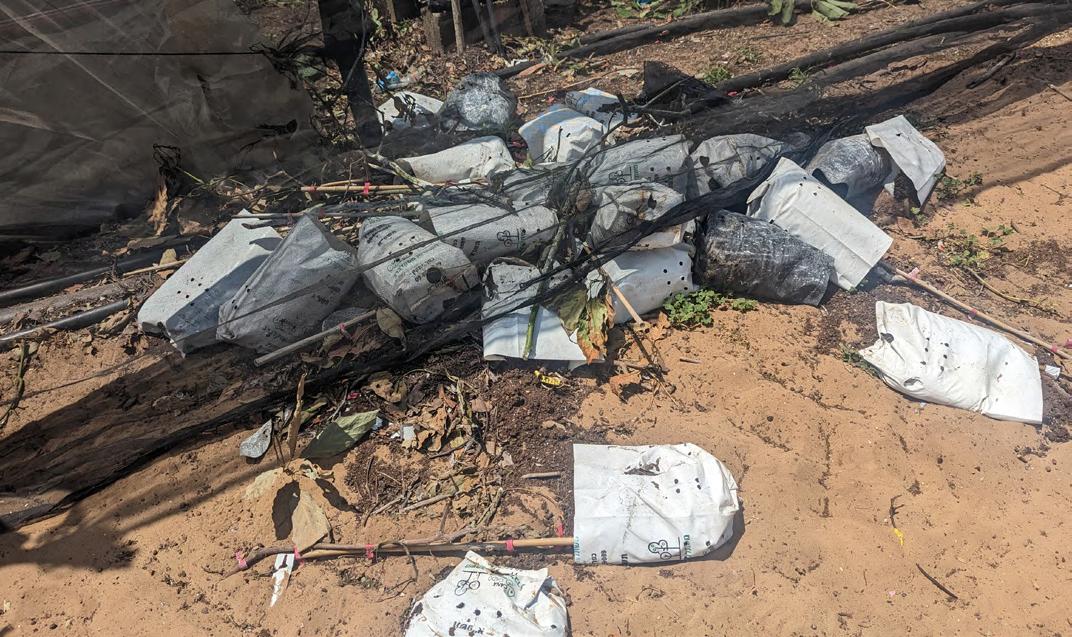
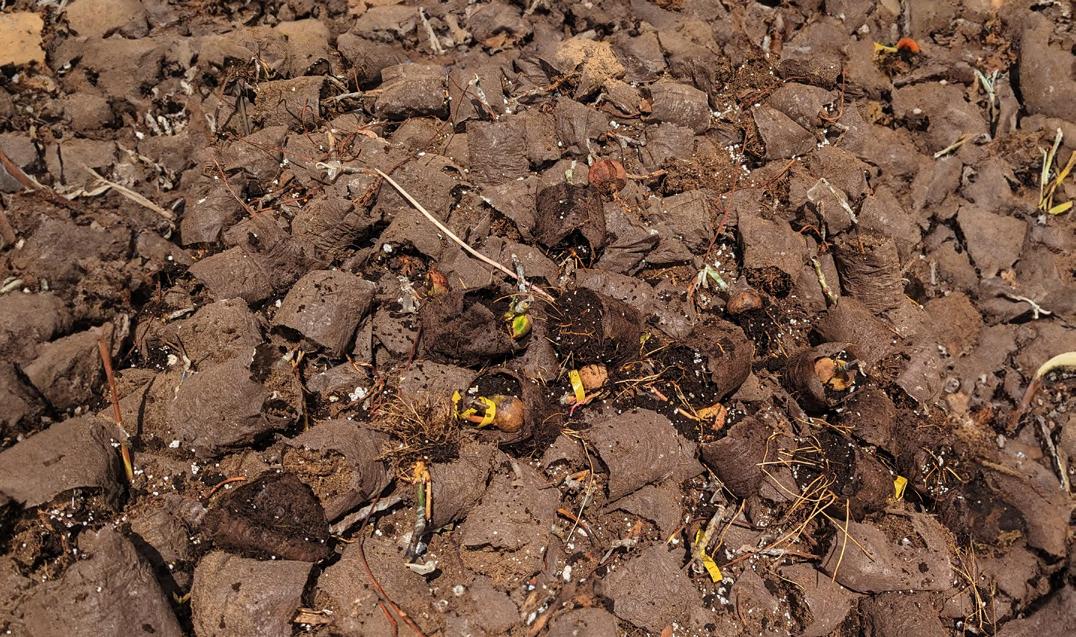

In addition to the quality of the seedlings that we receive, one of the reasons why we appreciate Haskelberg Plant Nursery is its commitment to sustainability. The nursery supplies 160,000 seedlings a year, among them our avocado seedlings, and in the past each of these had to be delivered in a plastic barrel and shipped in plastic containers. However, today, in an effort to reduce the plastic waste that is generated in the supply chain, all of the avocado seedlings we source from Haskelberg Plant Nursery instead come in a coconut based organic wrapper that 100% is biodegradable so that we can put it straight in the ground, and we send back all the plastic containers used for transportation to be reused. Thanks to these efforts, we save on average 56,000 plastic wrappers a year!
To reduce our supply chain footprint and contribute to our local community and economy, we also try to source as much as possible locally. In 2022, 97% of our procurement budget was spent on local suppliers.
We are a fresh produce supplier. This means that the quality of our products has a direct impact on the health and wellbeing of our consumers and thus on the reputation of our customers. Therefore, we actively engage with our customers to understand their evolving needs and preferences, striving to provide sustainable solutions that align with their values. Through our integration of the entire supply chain–from orchard to market—we offer our customers stability, reduced disruption risks, consistent quality standards, full transparency and traceability, and rapid responsiveness to market changes.
Tesco Nurture is just one example of a customer-based certification that we have achieved as part of our commitment to meeting our customers where they are on the journey towards sustainability. Our focus
on customer satisfaction extends beyond products, encompassing customer data protection, fair pricing, and a commitment to delivering value that extends beyond profits.
Transparency is paramount in our interactions, as we aim to empower our customers with accurate information about the source of our produce so we can be fully accountable. Our unique barcode system for each box of avocados enables full traceability throughout the supply chain and back to the orchard that the avocados in any given box came from. For our local market, we are also developing an app to improve the management of complaints and reduce the time associated with redirecting produce.
In 2022, for the third year running, we did not have to recall any of our products.
As a cooperative that grew out of communities, and is still owned by them, our existence is based on the mandate we receive from our community. Beyond the fact that our commercial success is in and of
itself a positive benefit for the community, we are also proud to invest significant resources towards supporting local communities in need and sharing our expertise so that we can train the next generation of farmers and adapt to climate change risks and opportunities.
Empowering our Community of Growers:
Our growers are part of our family. We hail from the same communities, and we are in the growing business together. We take care of them by offering technical assistance, packing and marketing services, facilitated access to services, support with farm certifications, and guidance on food quality and safety standards.
Once a year we organize a joint trip abroad for professional enrichment.
We also host joint events together with our employees to strengthen the bond between stakeholders.
Finally, in a bid to incentivize sustainable practices, every year we host two competitions whereby we evaluate each orchard against sustainable practices criteria. Prizes are handed out to the three ‘most beautiful orchards’.
Giving Back:
The “Proyekt Kruvit” (Cauliflower project) is a non-profit organization that prepares and distributes food to the needy in preparation for the holidays in Israel. The scope of the organization’s activity each holiday is estimated at about 10,000 volunteers who distribute about 7,500 meals to the elderly, the disabled, veterans, Holocaust survivors, the sick, and the indigent. The project includes the involvement of volunteers in all stages of caring for those in need of meals.
In 2022, an initiative was launched by Granot employees to collect funds for this non-profit. Our people reached out to all the employees of the wider Granot Group, raised funds, and successfully lobbied the leadership of the company to match the funds collected. During the holidays, employees then came together to volunteer and cook, pack, and deliver meals to the Proyekt Kruvit headquarters where they joined thousands of other volunteers helping to support populations in need during the holiday season.
“Agrostudies” is an international training center which provides a program for agricultural education in Israel to interns from developing countries around the world. The program, which was built with the support and oversight from the Israeli Ministry of Foreign Affairs and the Ministry of Agriculture, focuses on capacity building through practical and professional knowledge transfer in the field of agriculture.
Operating since 2005, the program trains interns from Southeast Asia and Africa on carefully selected
farms throughout Israel. It is an integral part of the participants’ agricultural studies in their home countries, with the goal of providing an opportunity for practical experiential learning in advanced, modern agricultural methods.
We are proud to have been partnering with Agrostudies since 2018. In addition to medical care, personal welfare, accommodation and upkeep, and the learning experience, we also provide each intern with a salary and performance-based bonuses. In 2022, we hosted 21 Agrostudies interns, bringing our total to 102 students.
The Ecological Greenhouse at Kibbutz Ein-Shemer non-governmental organization (NGO), Israel, is an innovative educational and ecological center which aims to “cultivate” future tech-savvy, socially-minded ecologists who will impact global agriculture. The Greenhouse developed and implemented a unique model, where Jewish and Arab students from all walks of life work, learn, research, and create together to solve real environmental problems. Greenhouse students cooperate with specialists, researchers, initiators, entrepreneurs, and artists to develop projects, ideas, experiments, and solutions to provide
food, clean water, renewable energy, reuse of waste, and more.
We have been cooperating with the Greenhouse for over a decade. In collaboration with Granot, children and youth from all over Israel have participated in versatile avocado-improvement projects such as developing new tech for determining ripeness, training dogs to identify harmful fungi and employing drones to monitor new plantation systems. By sponsoring the ecological greenhouse and sharing the time and expertise of our chief agronomist, Udi Gafni, we are proudly supporting the future generation of agricultural and agronomic research in Israel.
Agrotech, foodtech, sustainability, leadership.
The program was founded out of a growing need to attract new people to the world of agriculture in general, and in particular to cultivate leaders and role models in the agricultural industry and prepare them for a rapidly changing world.
Participants in the program learn how to lead multidisciplinary environments while developing key skills in entrepreneurship and change management. They acquire knowledge in agriculture, agriculture of the future, sustainability, environment, and are imparted an understanding of the global market and global trends. They also gain practical tools and experience in how to lead a process from the idea stage to its realization.
The program is divided into eight study units and includes an additional final project which the students will work on throughout the program. At the end of the year, the students present their projects at an exhibition with the participation of industry professionals, entrepreneurs, researchers, and the general public.
The inaugural cohort of this program began in the summer of 2022. Granot both supported the program financially as well as provided two employees with the opportunity to join and learn new skills.
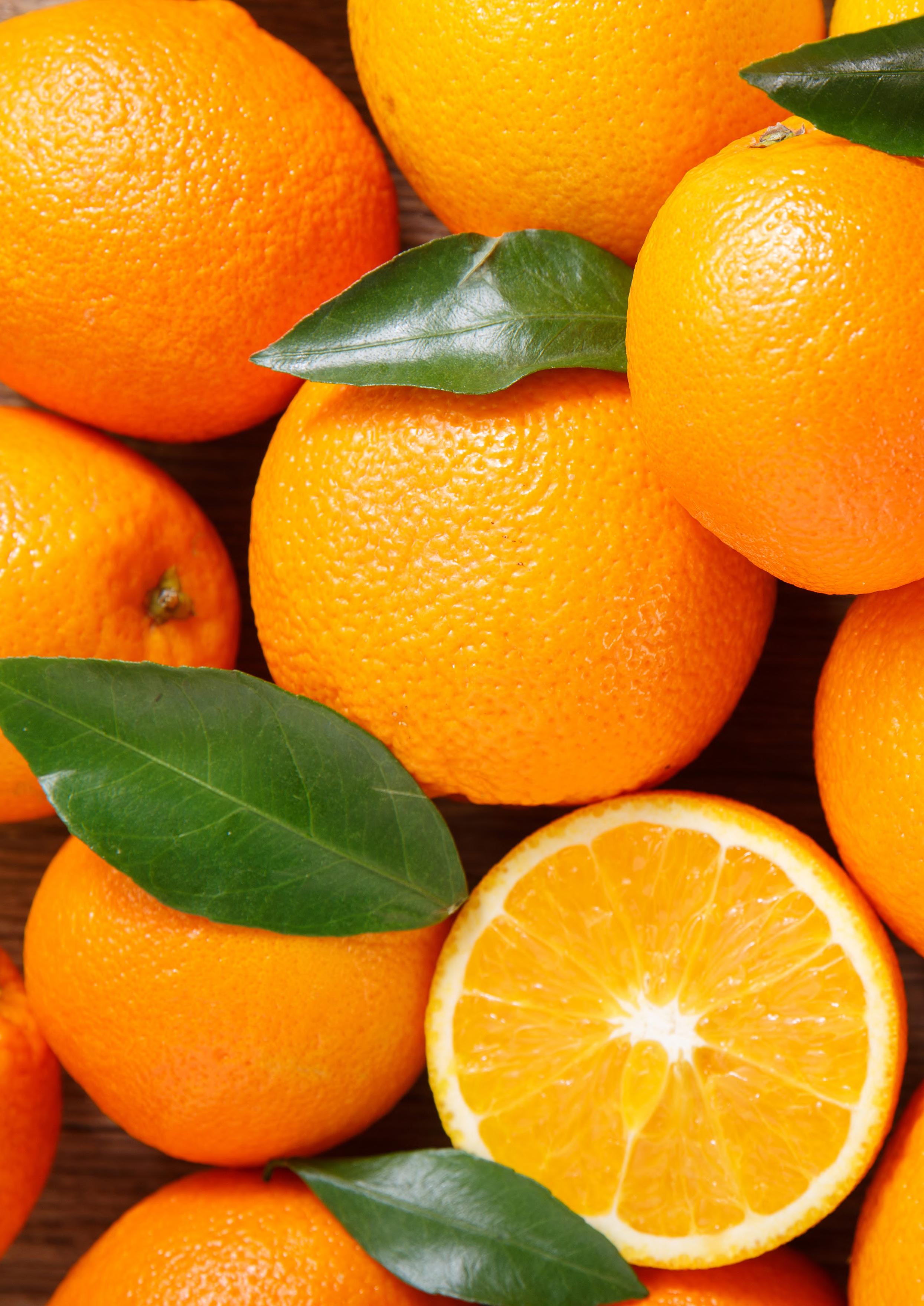

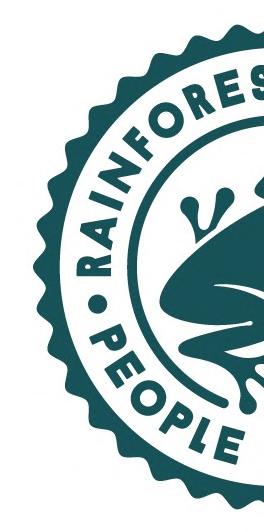





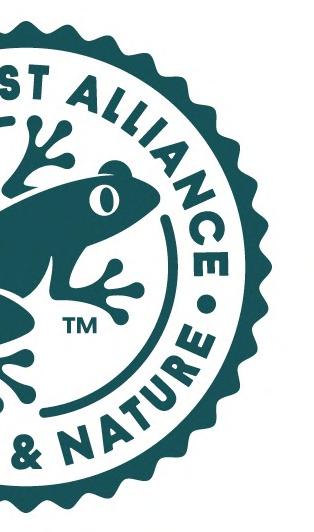


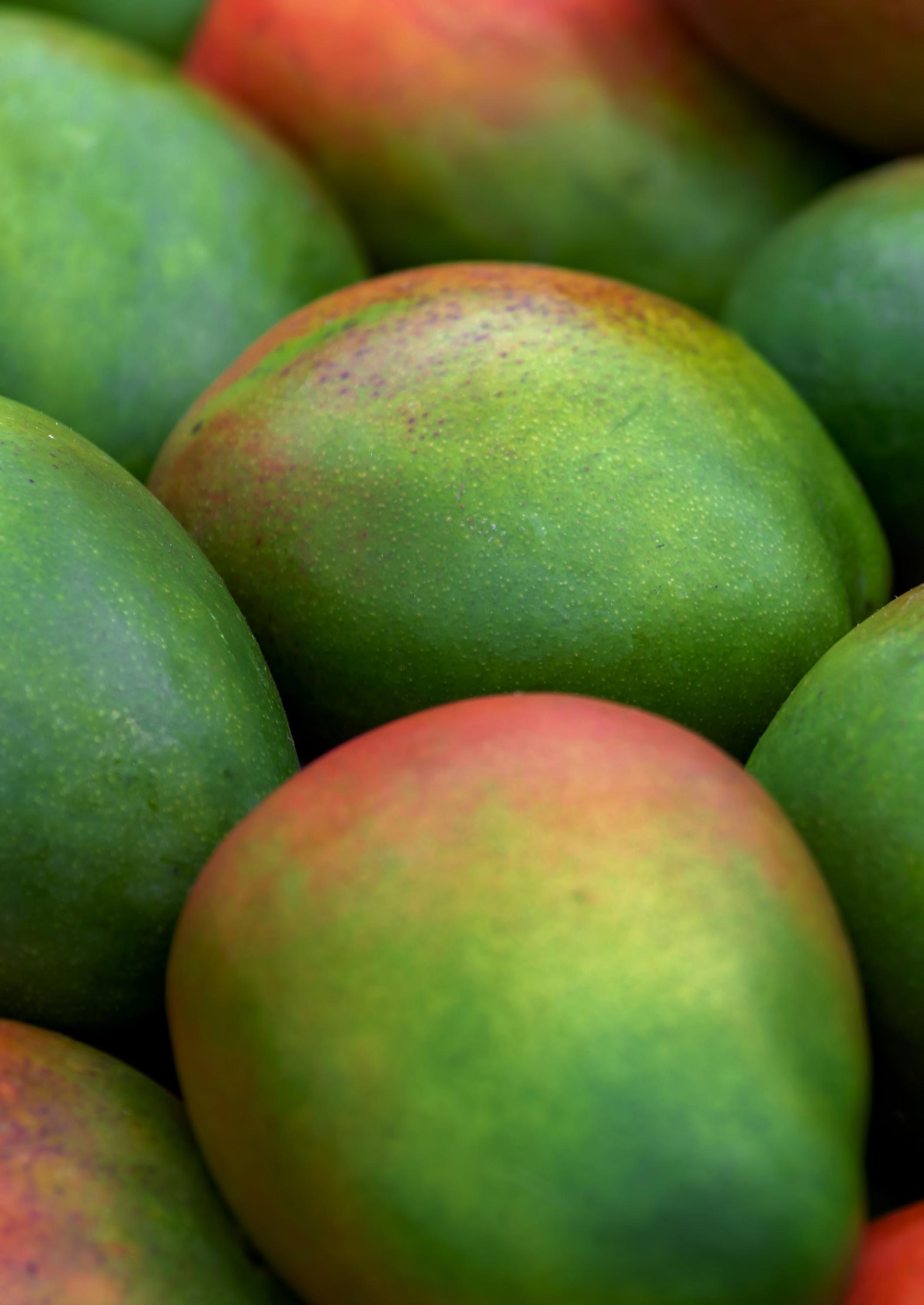
Infrastructure & Energy
Granot Plantations
Livestock
Rimon LTD
Granot Fresh (export)
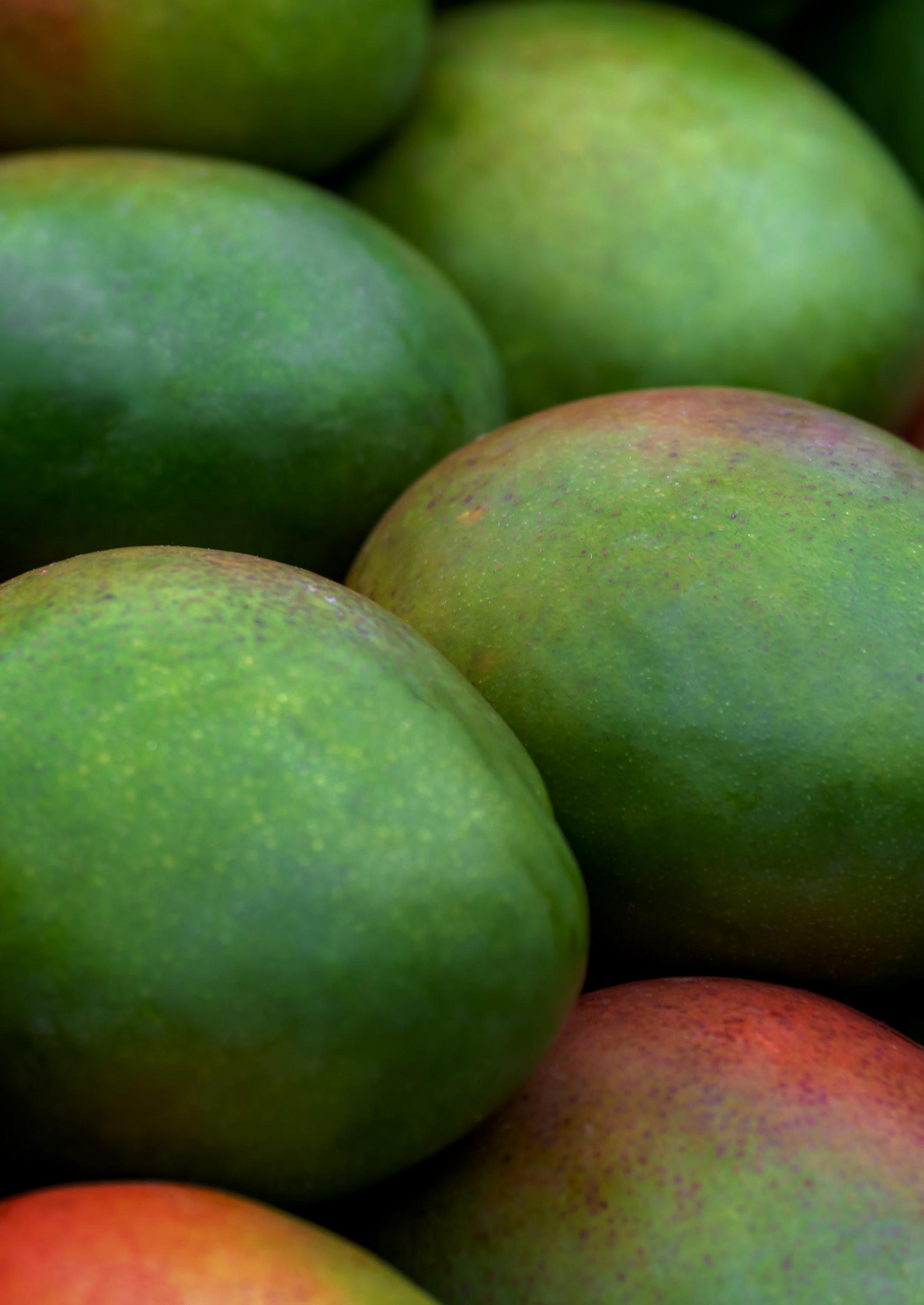
Ambar
Granot Sun
Mishkey Solar
Granot farmers (local)
Logistic Center
Packing Houses
Crops
A-T Group
Feed Mills
Slaughter houses
Growing & Breeding
Sales & Marketing

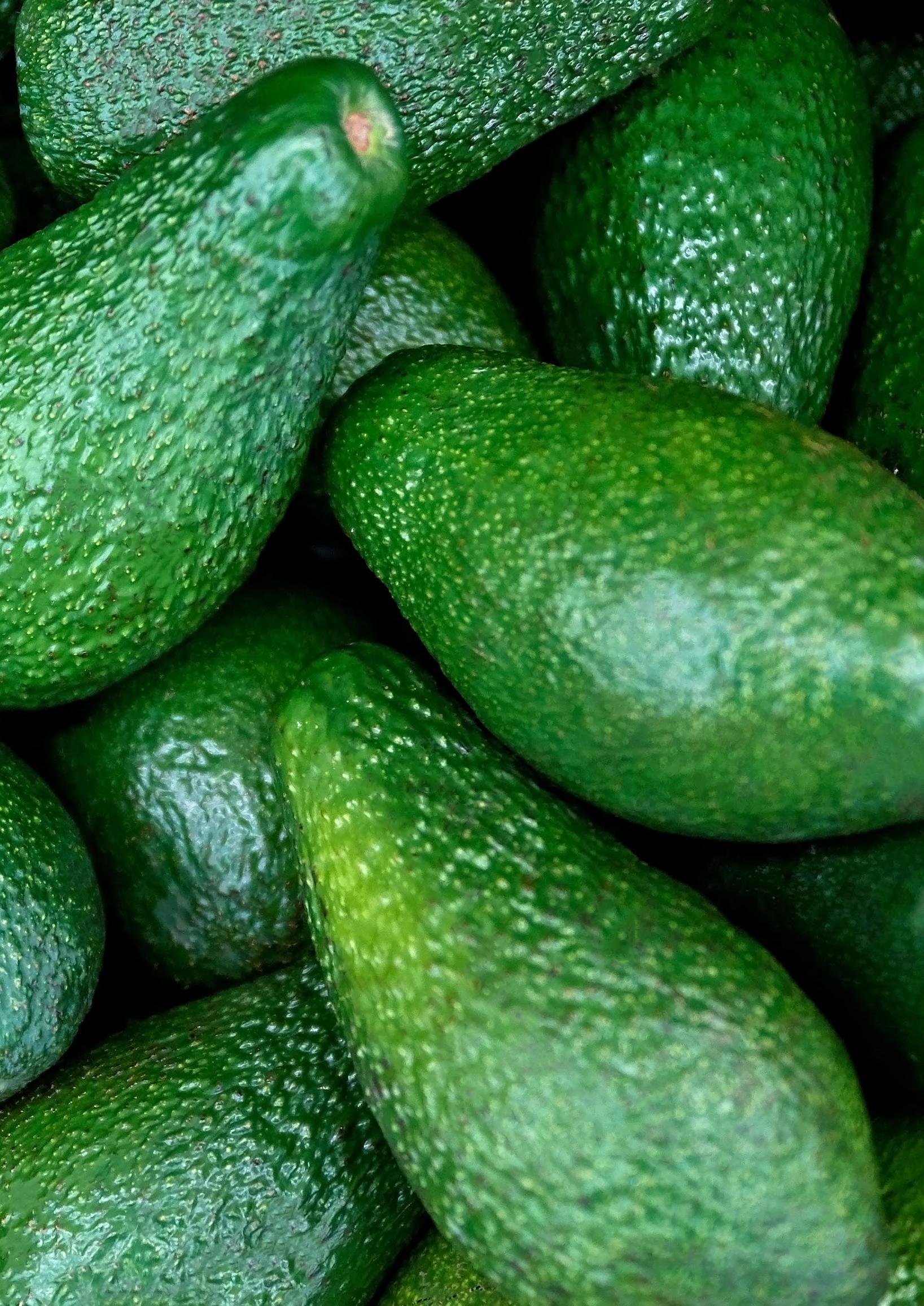
Granot Plantations is part of the Granot group (“Granot Central Cooperative Ltd.”), a secondary level cooperative founded in 1940 and owned by cooperatives from 43 kibbutzes and moshavs, each with stakes of 1-5% in the company.
The highest governance body is the general assembly that includes representatives of each of the 43 ooperatives. The general assembly meets three times a year, and elects the chair, members of the audit and nomination committees (and any other committees), the internal auditor, the members of the board of directors, and the active management
The board of directors of Granot Plantations is responsible for setting the company’s direction and ensuring its proper management. It is made up of 12 members serving five-year terms, including eight from the community of growers and the cooperatives
team. These entities, in turn, are responsible for the management of the six companies that make up the Granot Group, among them Granot Plantations. The active management team, led by the chair of Granot, is responsible for the day-to-day executive leadership of the company, and is made up of the chair, Chief Executive Officers (CEOs) of Granot Plantations, Ambar, and Mifaley Granot, and the Chief Finance Officer (CFO) of the group. These positions are filled by members of the cooperatives for a period of 5 years, a process overseen by the nominations committee. The active management team meets weekly. that hold shares in the Granot Group, and four from the executive management team of the company, including the CEO. It is chaired by the chair of the Granot Group. The current members of the board of directors are:
The general assembly of the Granot Group is the highest governance body and is thus responsible for the company’s impacts on environmental, social, and governance (ESG) topics. The Chief Innovation Officer oversees a sustainability working group made up of
Our directors and all employees, including our leadership, are expected to conduct themselves in accordance with the company values, and in accordance with the highest moral and ethical standards. We aim to establish a culture of openness and trust, and to safeguard the expectation of employees, partners, suppliers, and customers to be treated to fair business practices and a conducive, favorable work environment. Specifically:
→ Business conduct – We do not tolerate fraud, corruption, bribery, or anti-competitive behavior. Conflicts of interest must be disclosed and reviewed by senior management. We will enshrine these values in a policy by 2024.
In the ever-evolving landscape of fresh produce supply, we remain committed to identifying, assessing, and mitigating potential risks. From crop-specific challenges such as pests and diseases to broader market fluctuations and transportation disruptions, we have implemented comprehensive risk assessment protocols.
Our approach involves constant monitoring and analysis of market trends, climate patterns, and regulatory changes. We recognize that climate risks present a formidable dimension to our operations.
We recognize the critical importance of safeguarding sensitive information and maintaining robust cybersecurity measures in today’s digital landscape. We are dedicated to adopting cutting-edge technologies and industry best practices to mitigate potential cyber threats. Through ongoing risk assessments, regular security audits, and employee training programs, we prioritize the protection of our stakeholders’ data and confidential information.
representatives of each of the six Granot companies. The sustainability working group is responsible for the day-to-day management of ESG topics and sustainability-related activities, and reports to the chair who acts as the executor of the general assembly.
→ Code of ethics – By 2024, we will introduce a new code of ethics to guide our employee behavior.
→ Human rights – In line with our belief in the power of human capital, we support internationally recognized human rights principles enshrined in the United Nations’ Universal Declaration of Human Rights (1948). We are committed to the preservation of basic rights and human dignity in the workplace and beyond.
In 2022, we did not receive any inquiries on ethical issues, nor were there any reported allegations of corruption or other breaches of our company values.
With shifting weather patterns, unpredictable growing seasons, and the potential for extreme events, our fresh produce production faces heightened vulnerability. To mitigate these risks, we invest in research, new technology, and risk assessments. Our proactive adaptation efforts not only fortify our operations but position us to contribute to a more sustainable future. By adopting measures such as treated wastewater use, packing at source, and promoting biodiversity on our farms, we not only mitigate risks but harness the potential to enhance ecosystem health and reduce our carbon footprint.
Our commitment extends to promoting a culture of vigilance, where every team member plays an active role in maintaining the integrity of our digital ecosystem. By prioritizing data security and cyber resilience, we not only safeguard our operations but also uphold the trust of all our stakeholders in our commitment to responsible and sustainable business practices.
With Reference to GRI 13: Agriculture, Aquaculture and Fishing Sectors 2022 standards.
Sector Disclosures
Report the total weight of food loss in metric tons and the food loss percentage, by the organization’s main products or product category, and describe the methodology used for this calculation.
Additional Sector Disclosures
Describe the level of traceability in place for each product sourced, for example, whether the product can be traced to the national, regional, or local level, or a specific point of origin (e.g., farms, hatcheries, and feed mill levels).
Report the percentage of sourced volume certified to internationally recognized standards that trace the path of products through the supply chain, by product and list these standards.
Describe improvement projects to get suppliers certified to internationally recognized standards that trace the path of products through the supply chain to ensure that all sourced volume is certified.
Discussion of long- and short-term strategy or plan to manage Scope 1 emissions, emissions reduction targets, and an analysis of performance against those targets
(1) Operational energy consumed, (2) percentage grid electricity and (3) percentage renewable
(1) Total water withdrawn, (2) total water consumed; percentage of each in regions with High or Extremely High Baseline Water Stress
Description of water management risks and discussion of strategies and practices to mitigate those risks
Number of incidents of non-compliance associated with water quality permits, standards and regulations
Global Food Safety Initiative (GFSI) audit
Food Safety
(1) non-conformance rate and (2) associated corrective action rate for (a) major and (b) minor non-conformances
Food Safety
Percentage of agricultural products sourced from suppliers certified to a Global Food Safety Initiative (GFSI) recognised food safety certification program
(1) Number of recalls issued and (2) total amount of food product recalled
Workforce Health & Safety
(1) Total recordable incident rate (TRIR), (2) fatality rate, and (3) near miss frequency rate (NMFR) for (a) direct employees and (b) seasonal and migrant employees
Percentage of agricultural products sourced that are certified to a third-party environmental and/or social standard, and percentages by standard
Environmental & Social Impacts of Ingredient Supply Chain
Suppliers’ social and environmental responsibility audit (1) nonconformance rate and
(2) associated corrective action rate for (a) major and (b) minor nonconformances
Discussion of strategy to manage environmental and social risks arising from contract growing and commodity sourcing
GMO Management
Discussion of strategies to manage the use of genetically modified organisms (GMOs)
Ingredient
Sourcing
Identification of principal crops and description of risks and opportunities presented by climate change
Percentage of agricultural products sourced from regions with High or Extremely High Baseline Water Stress
2.09 (per 200,000 hours worked)

